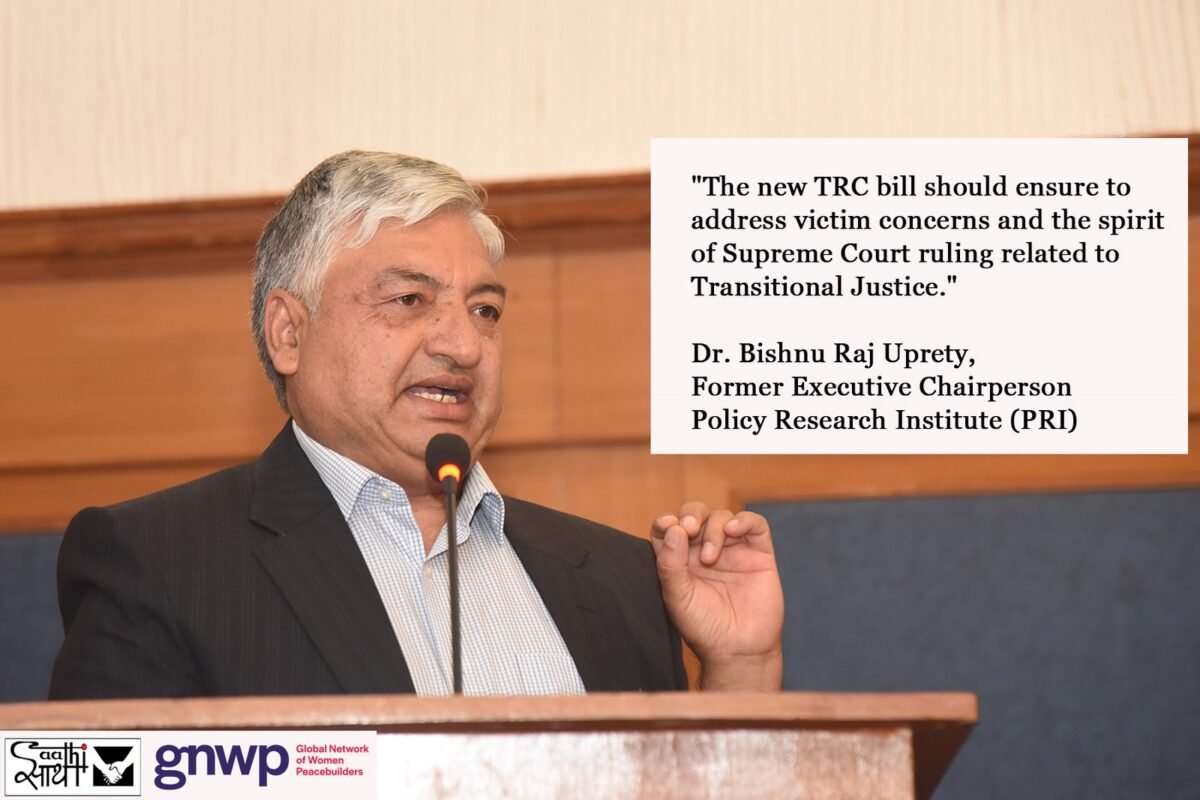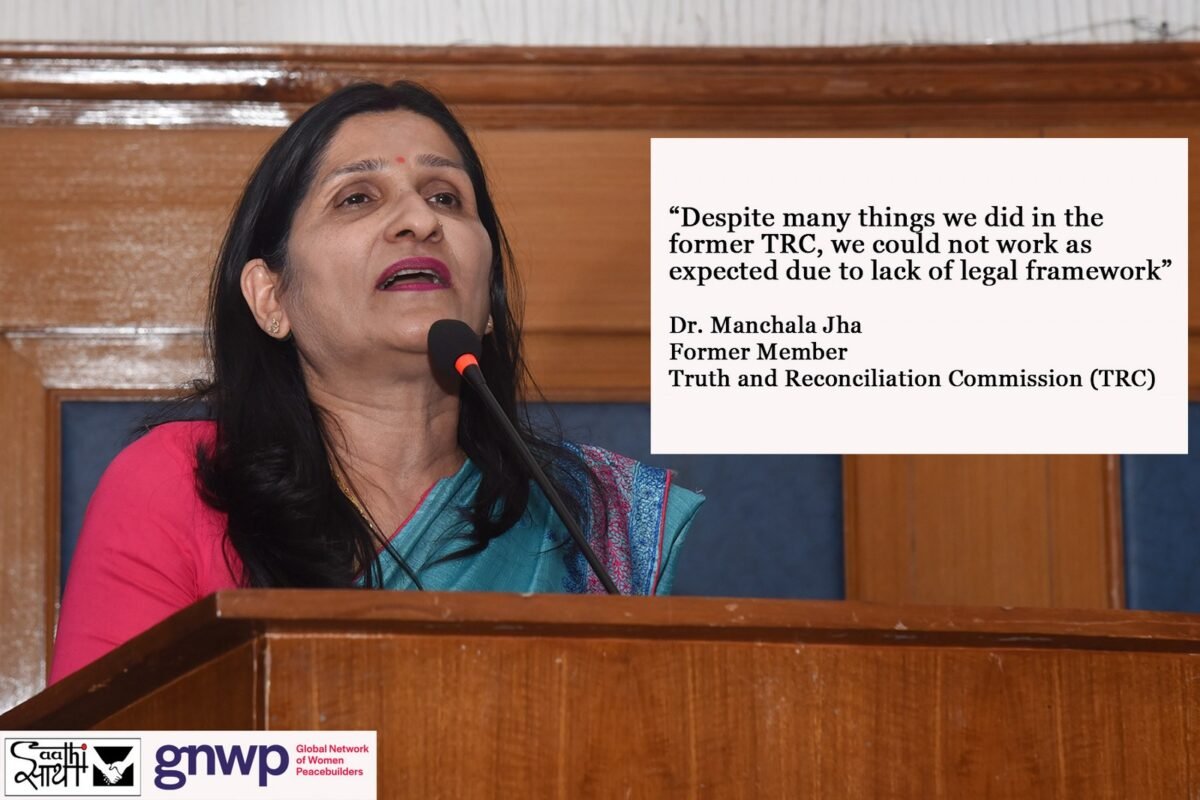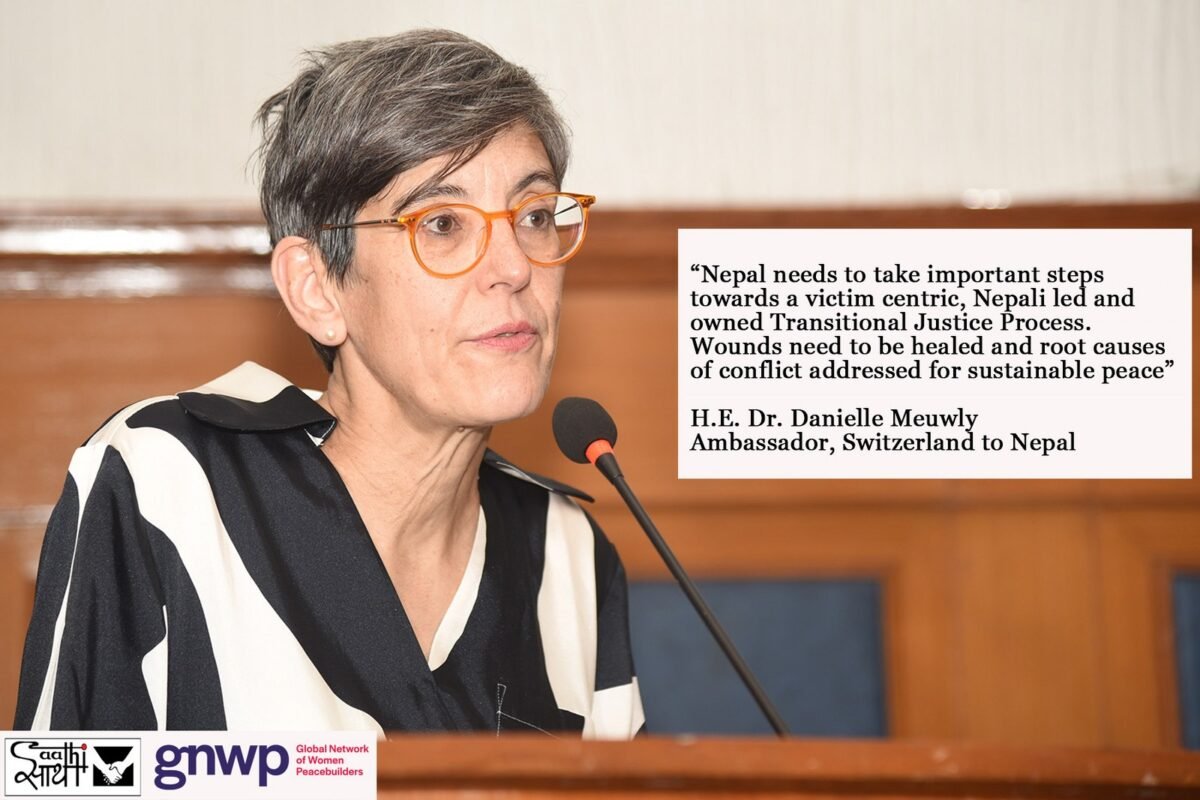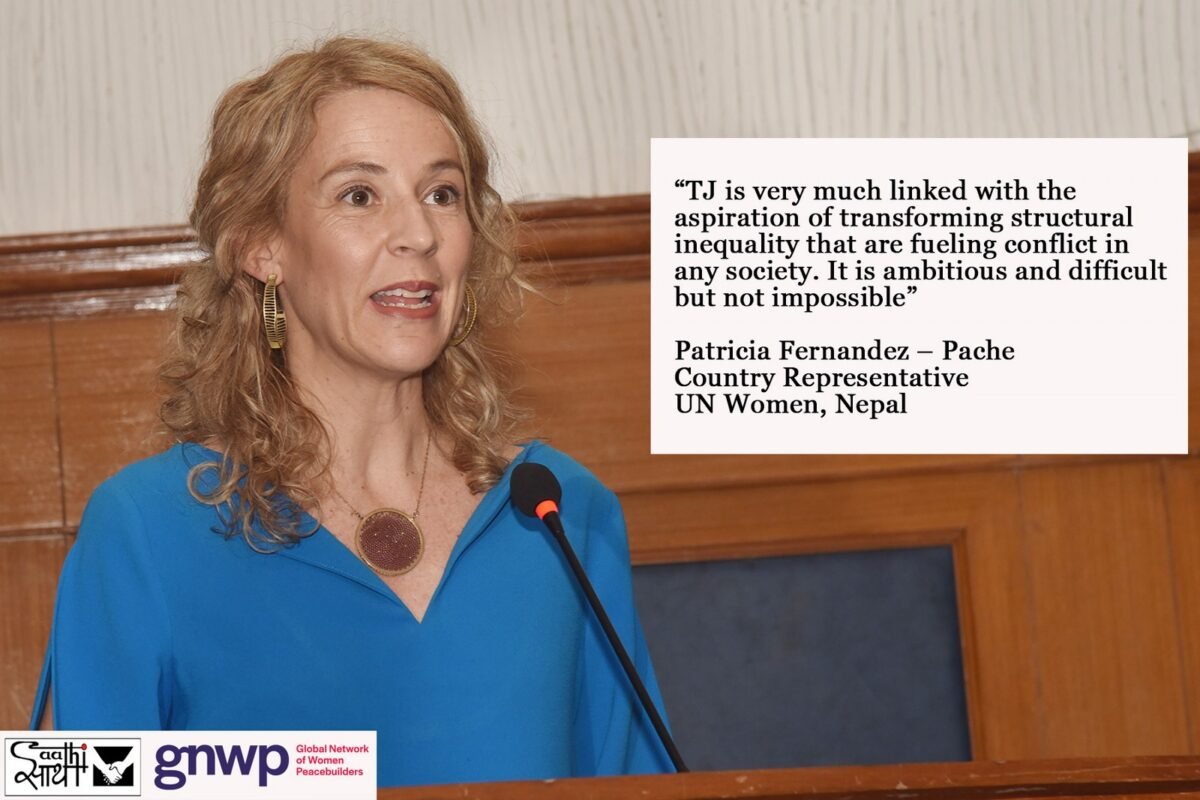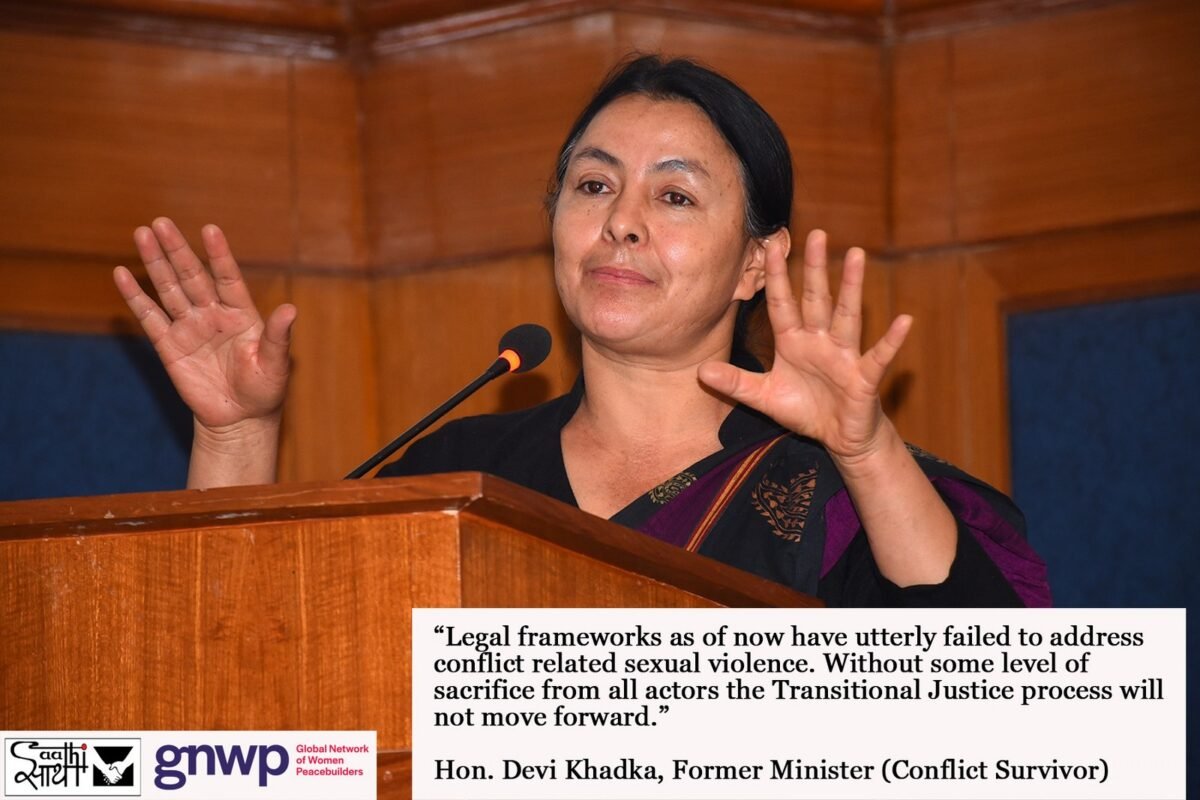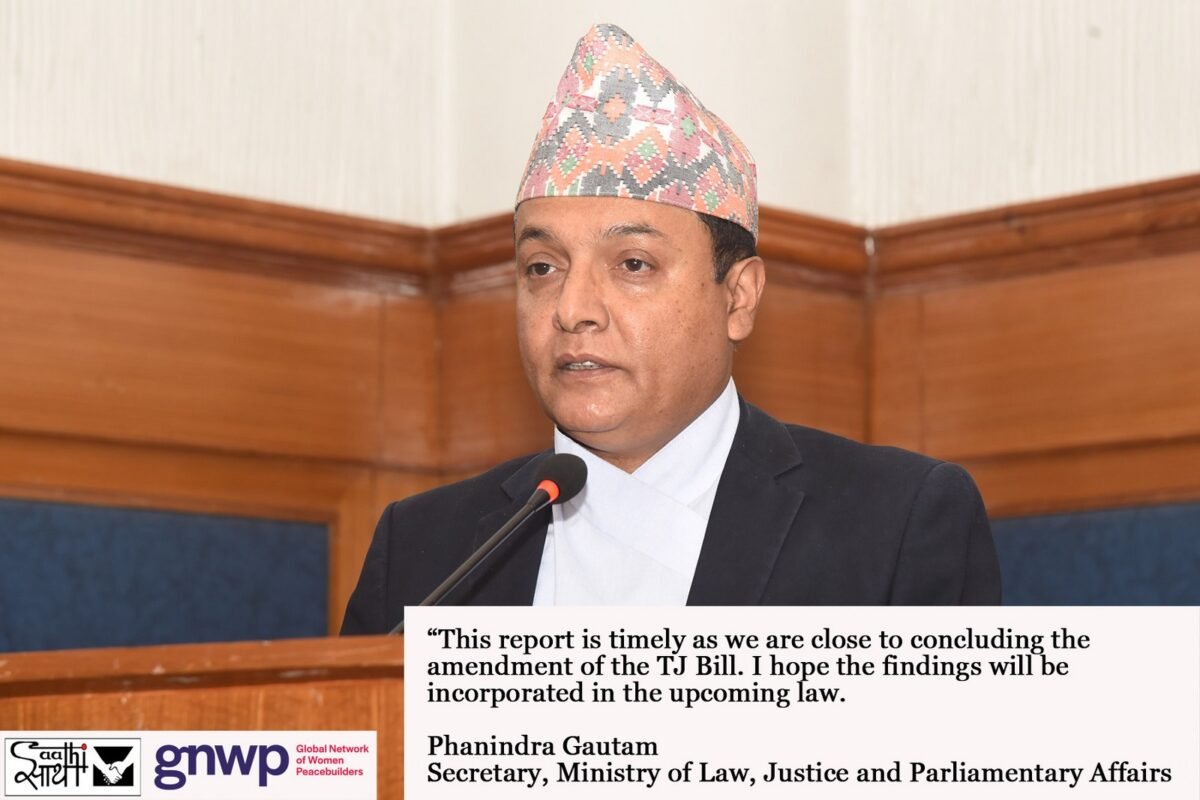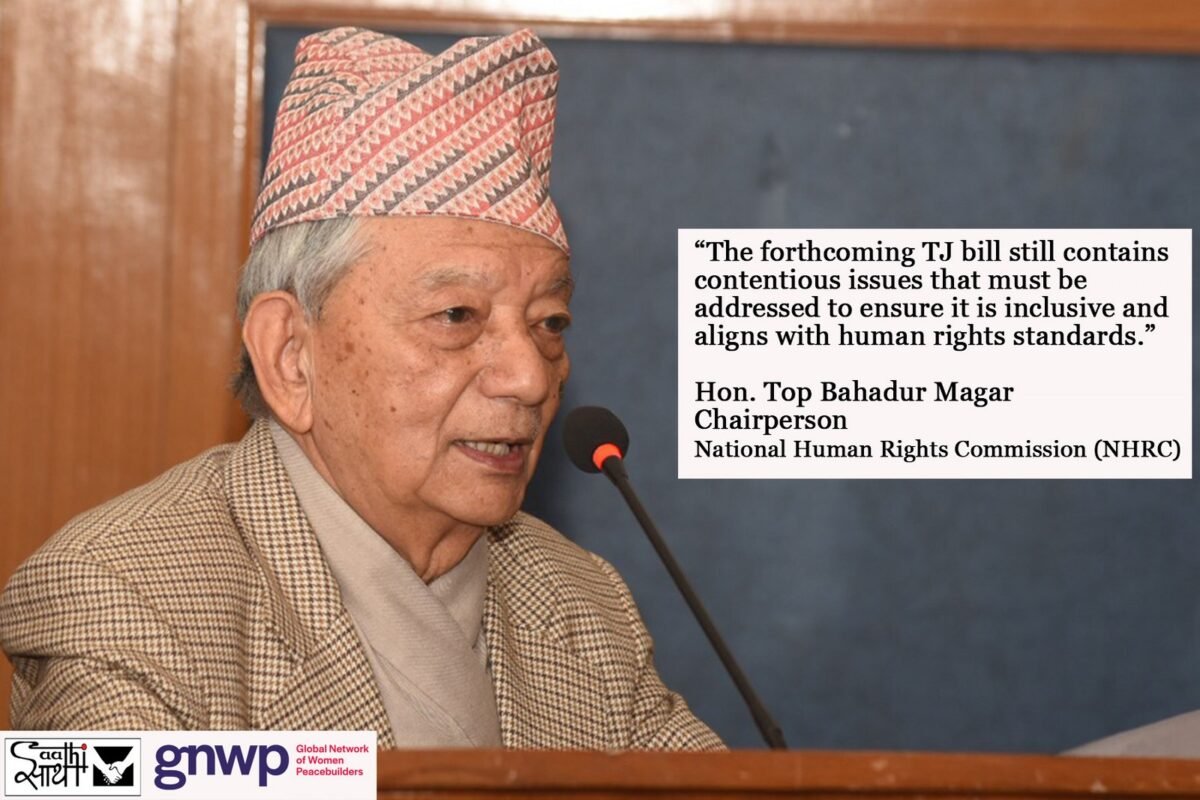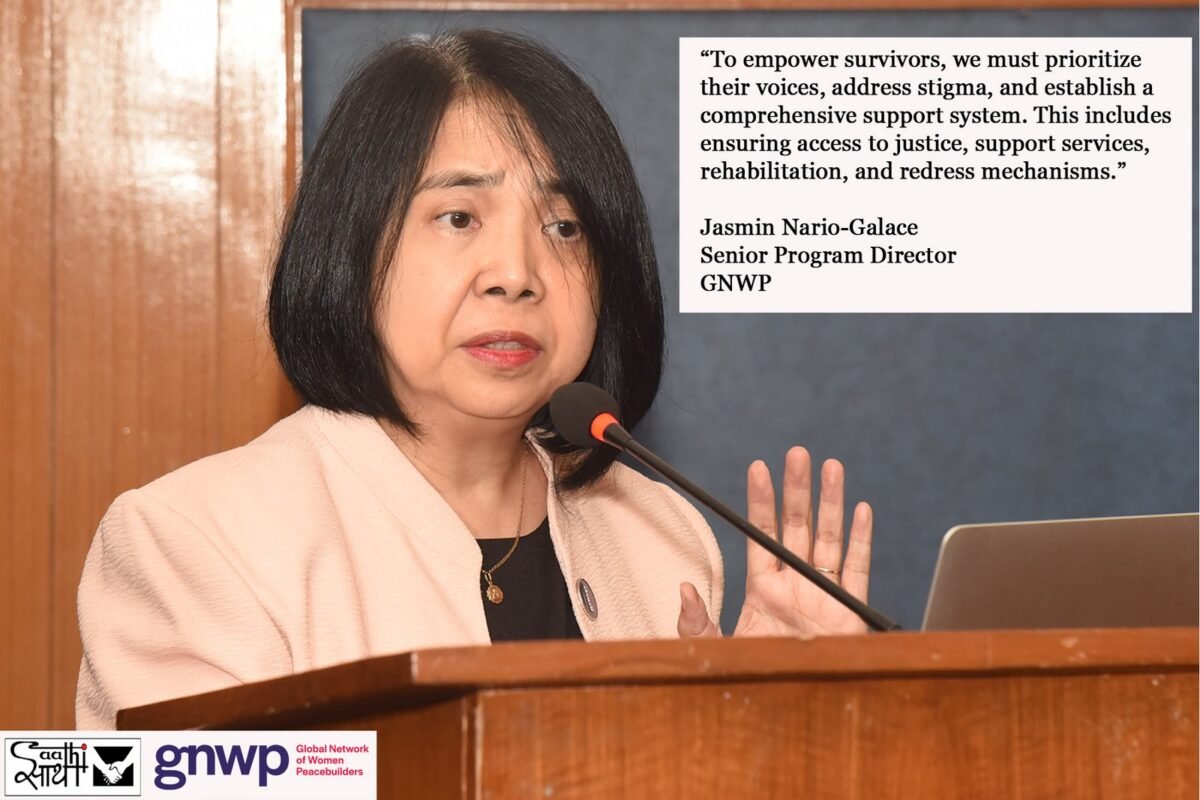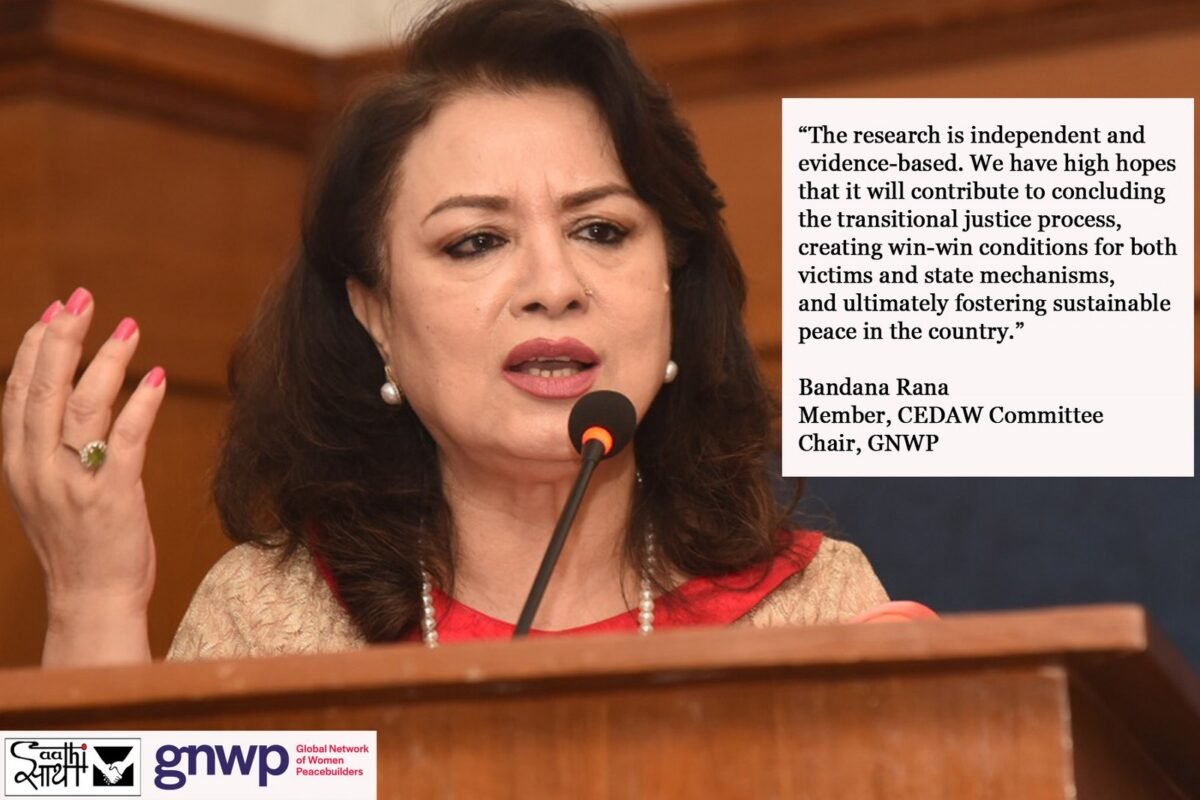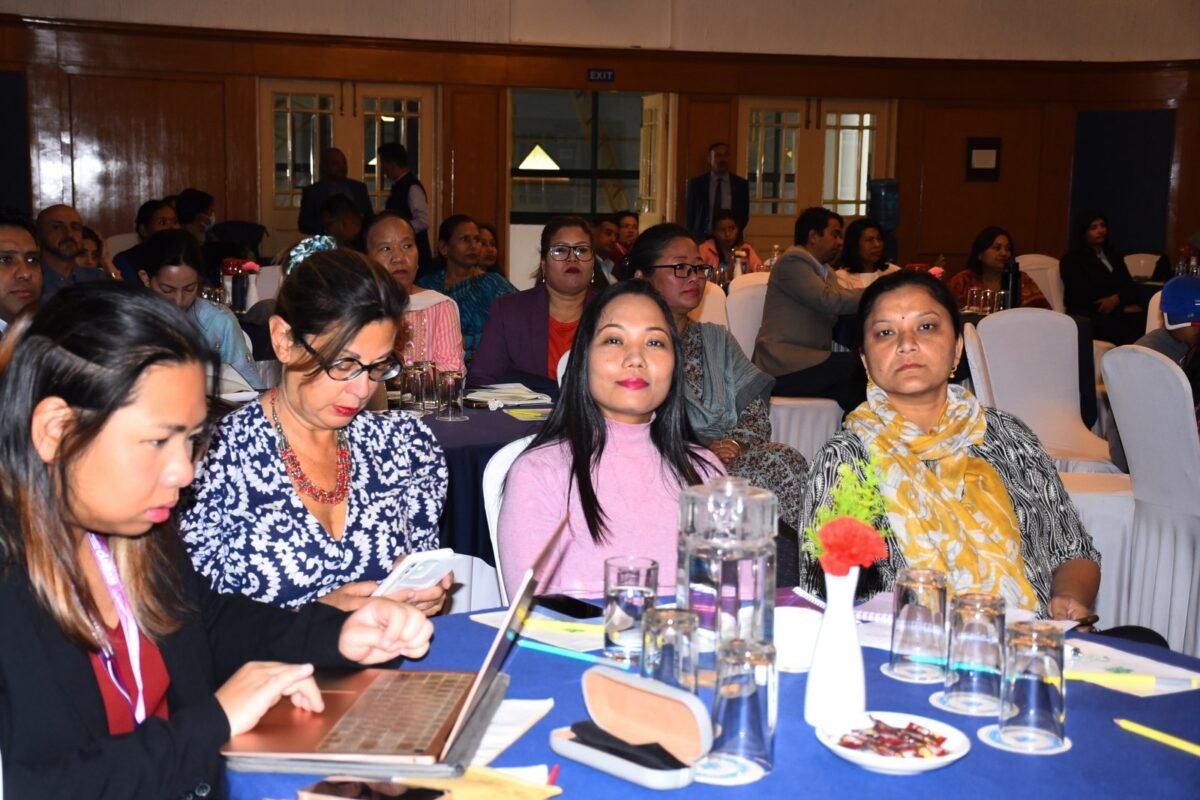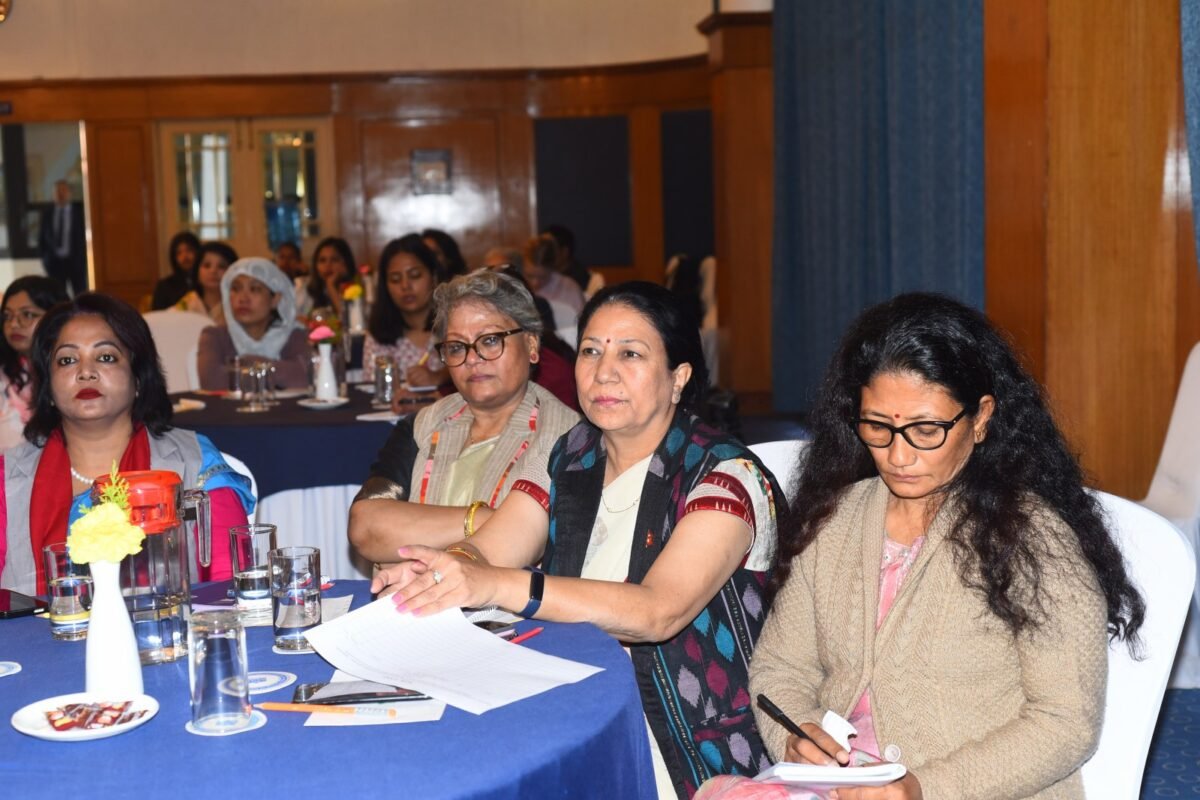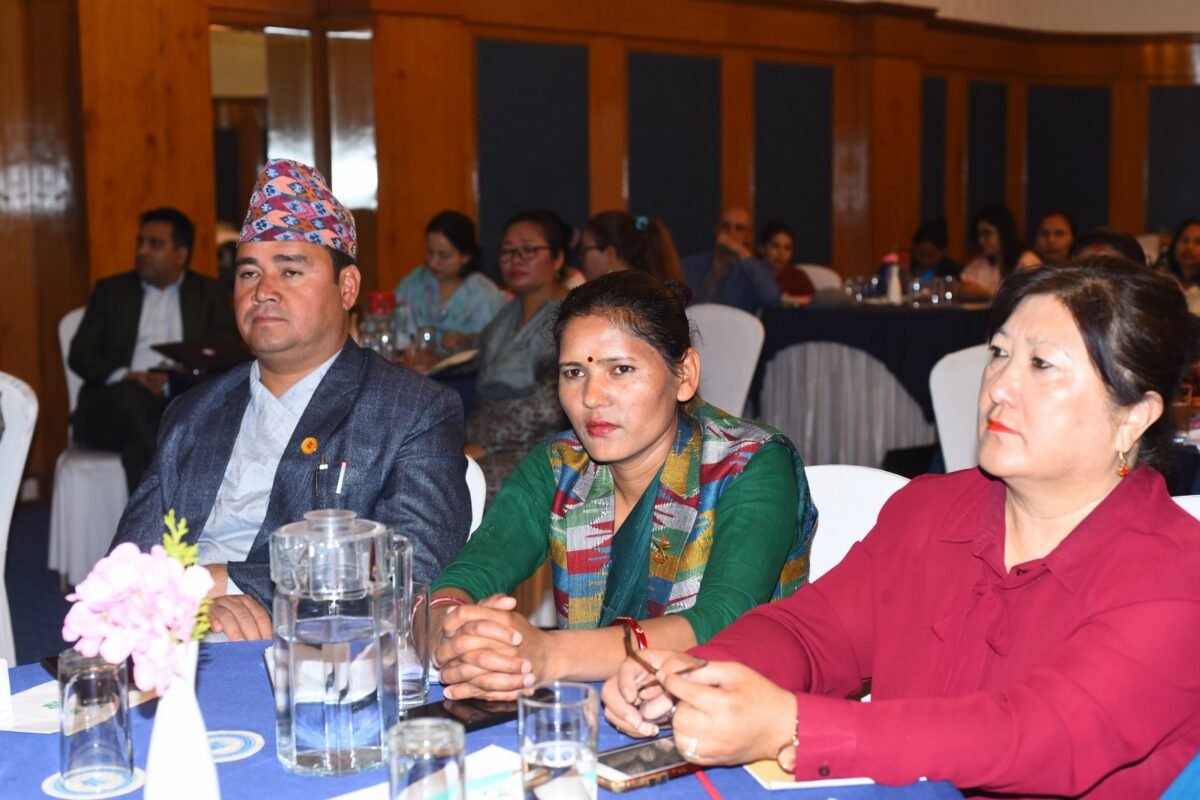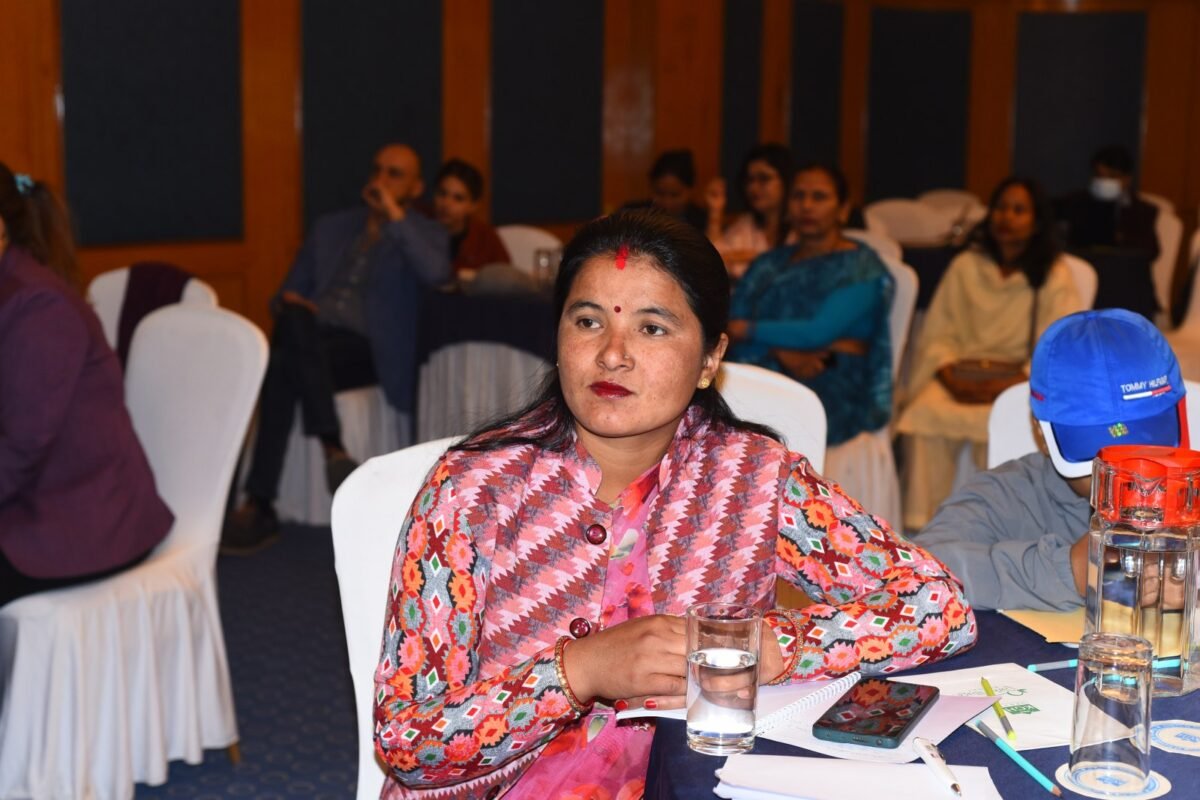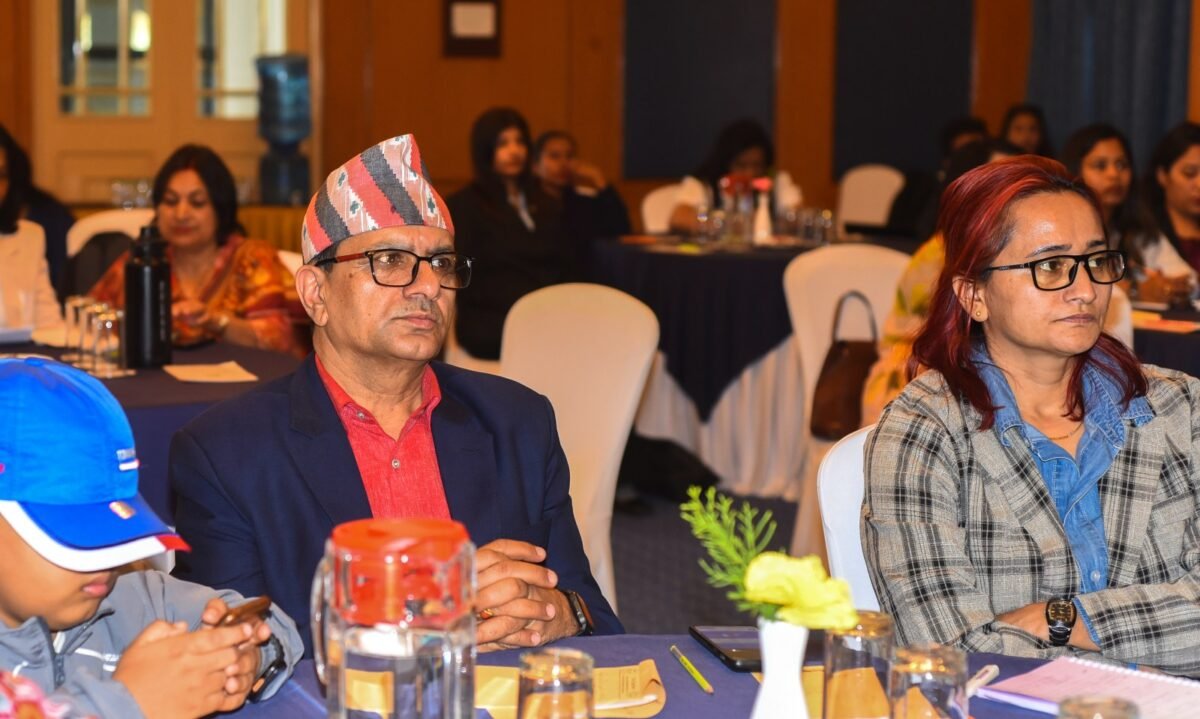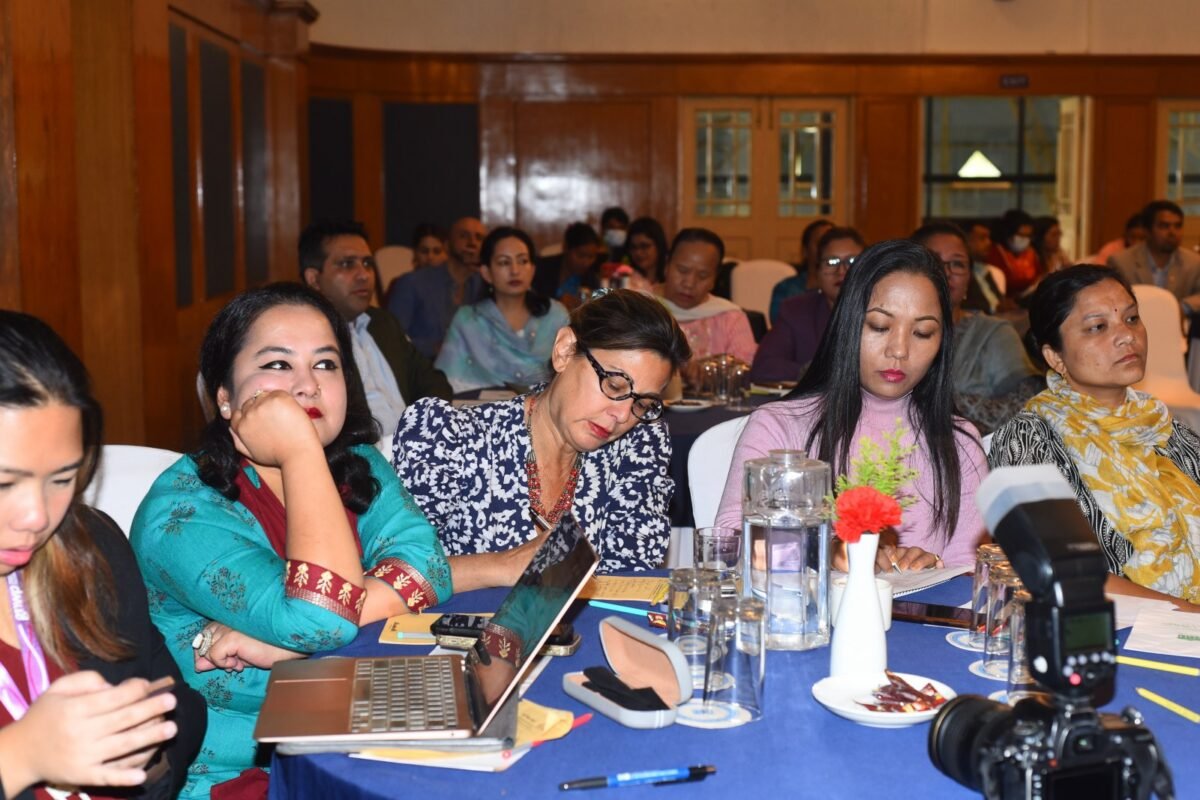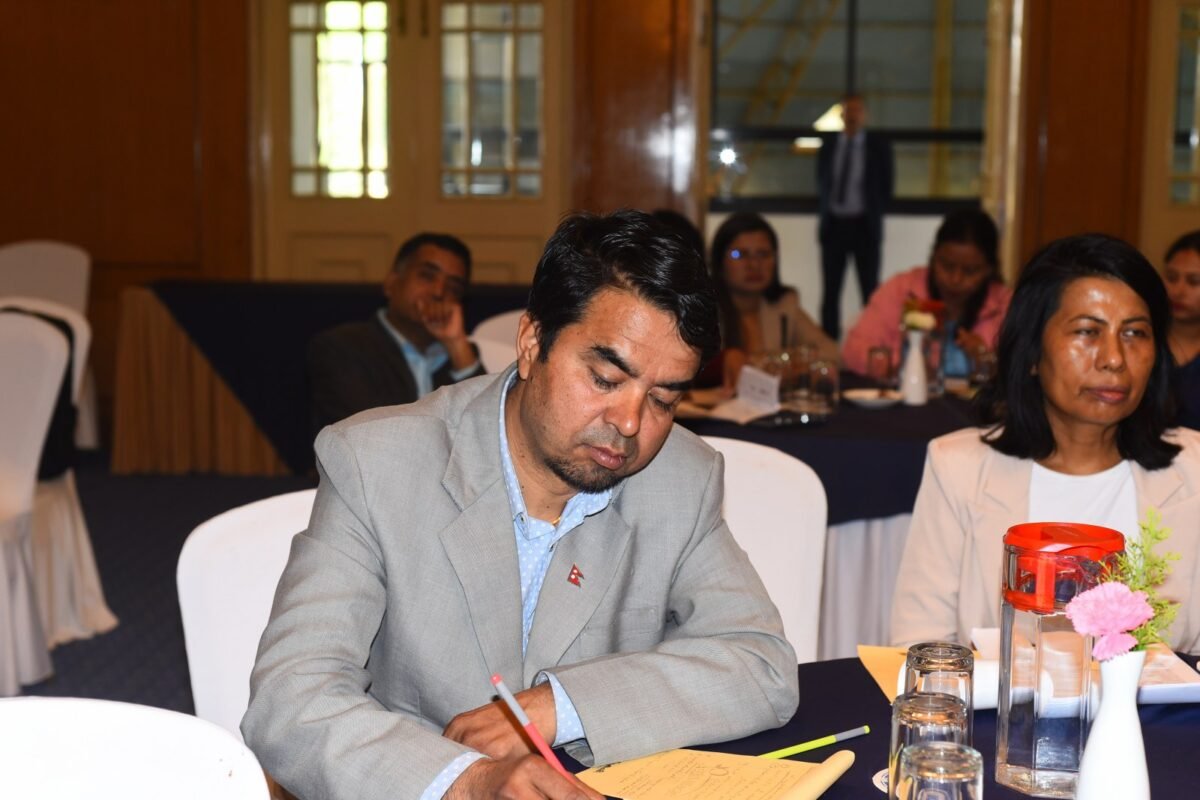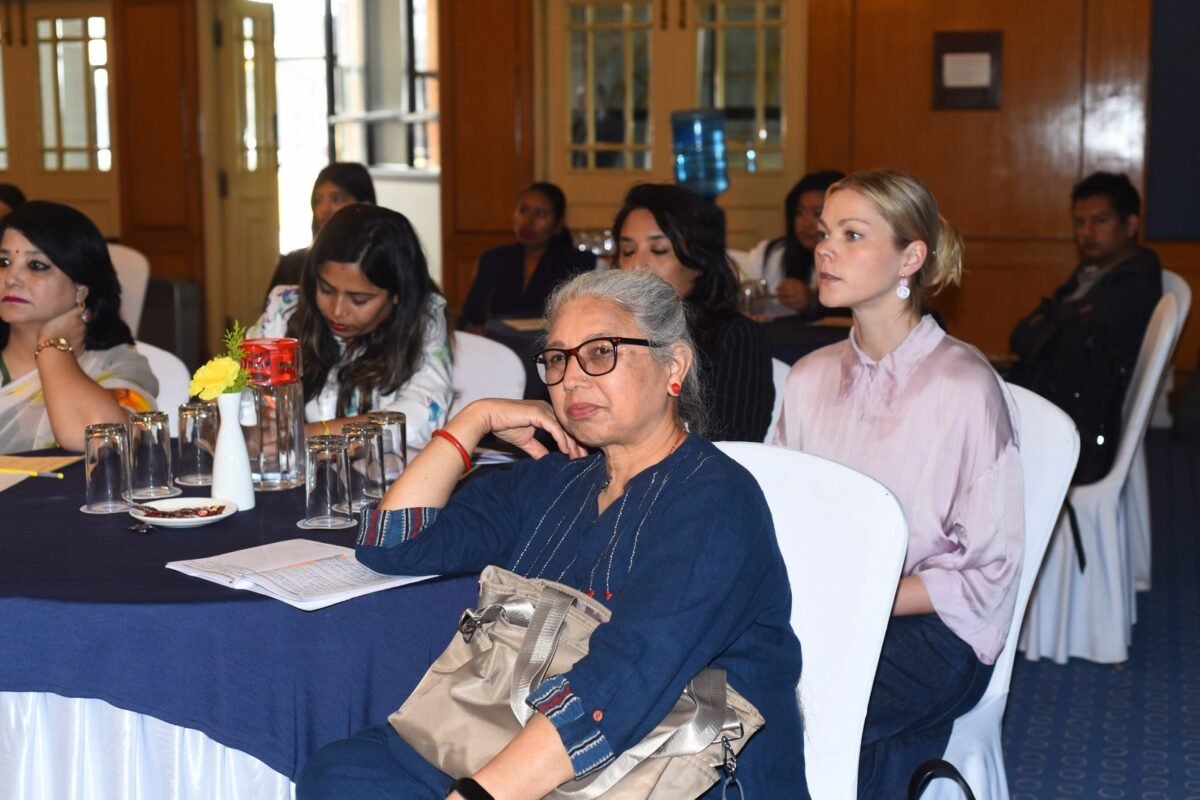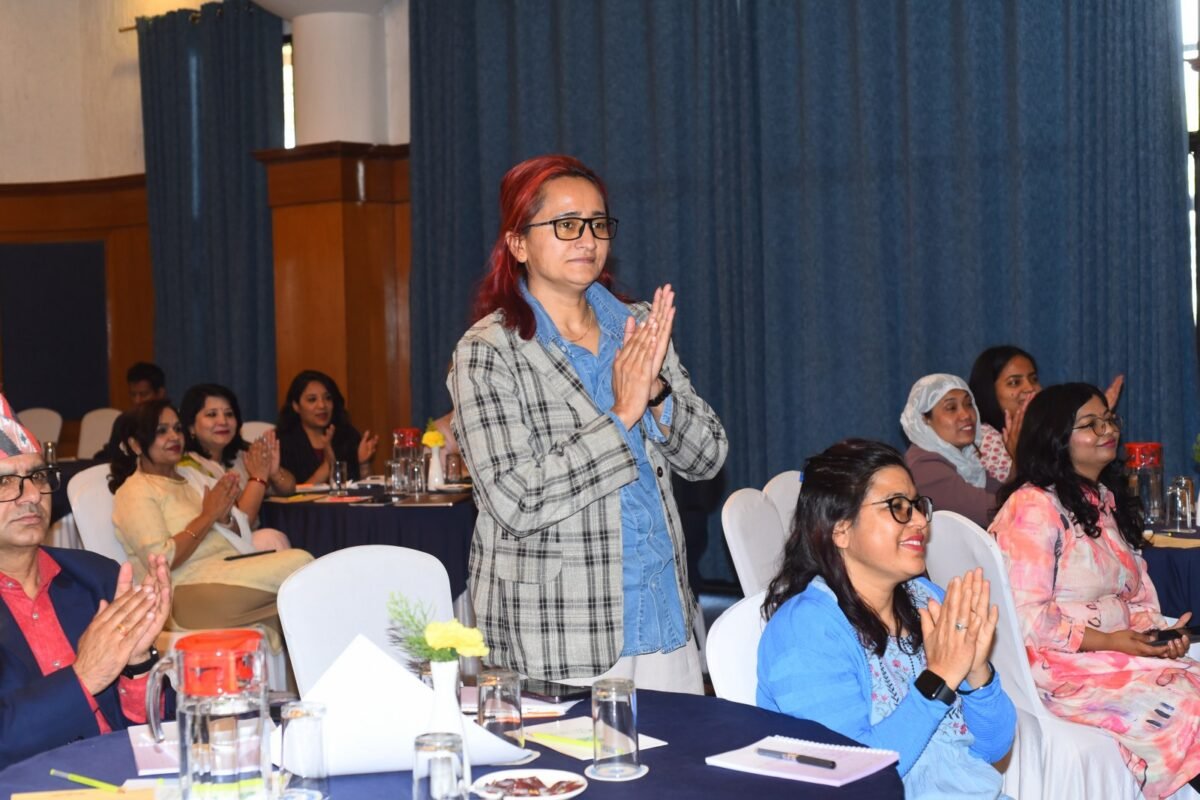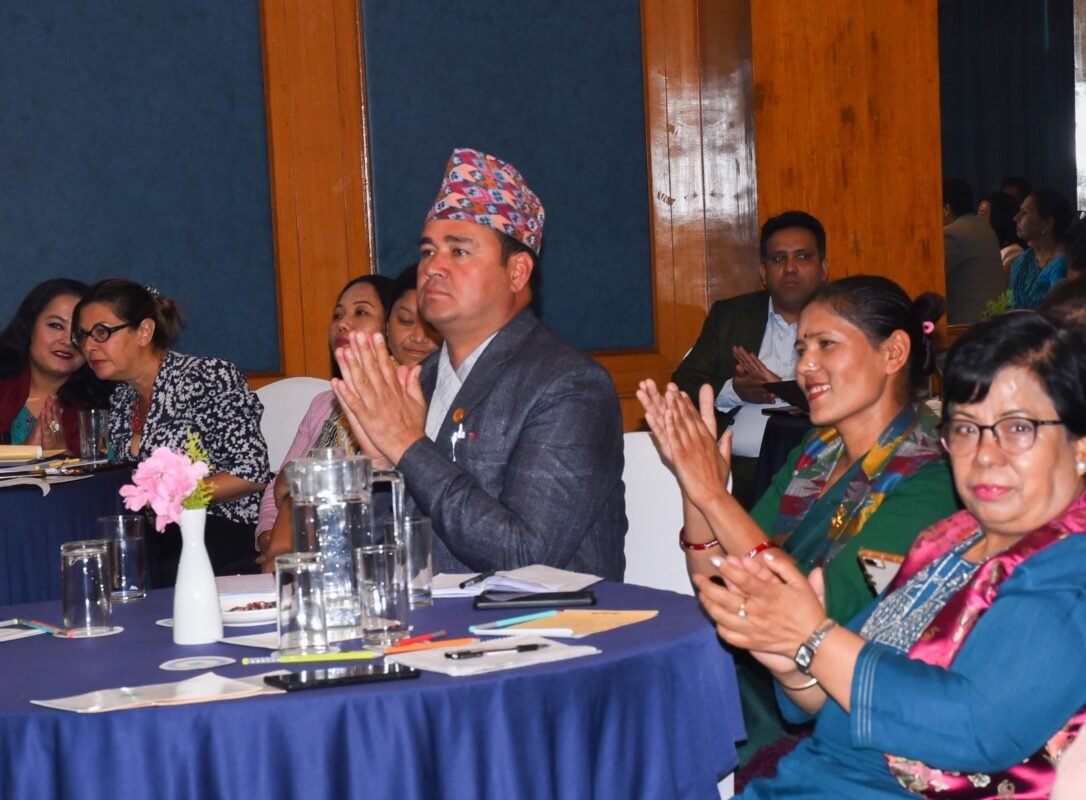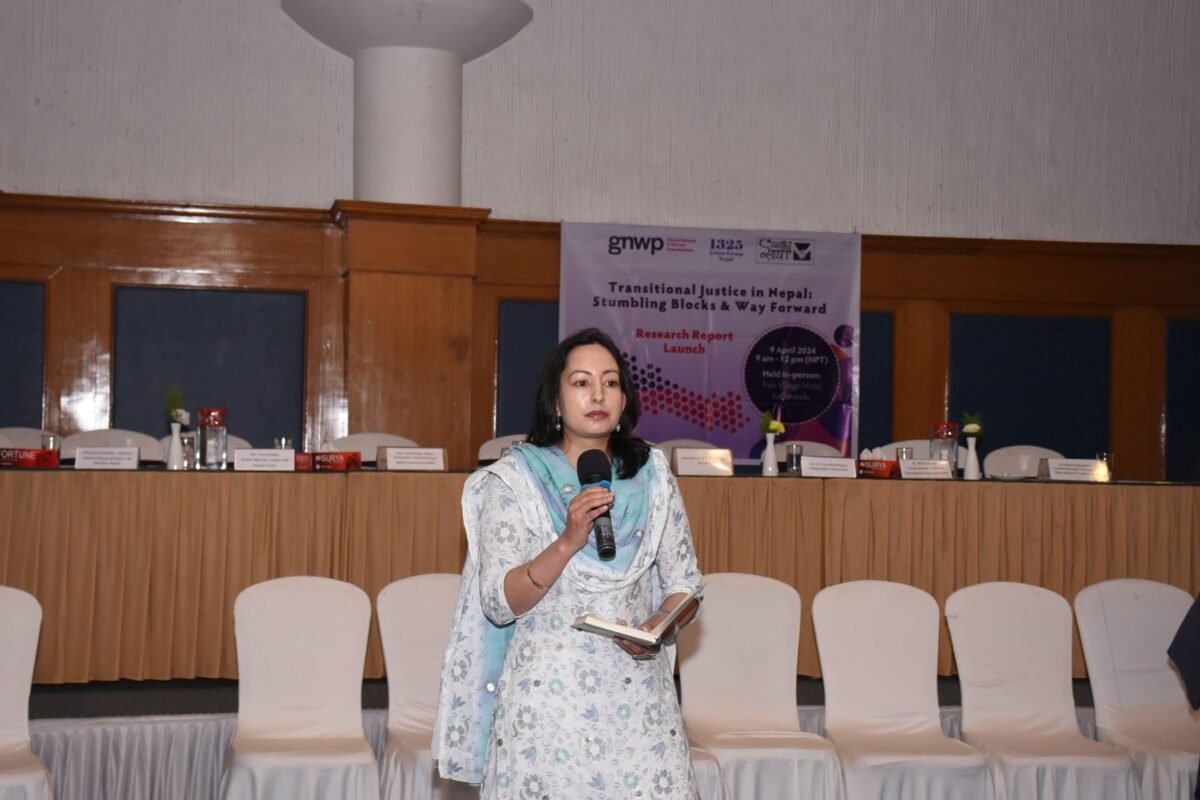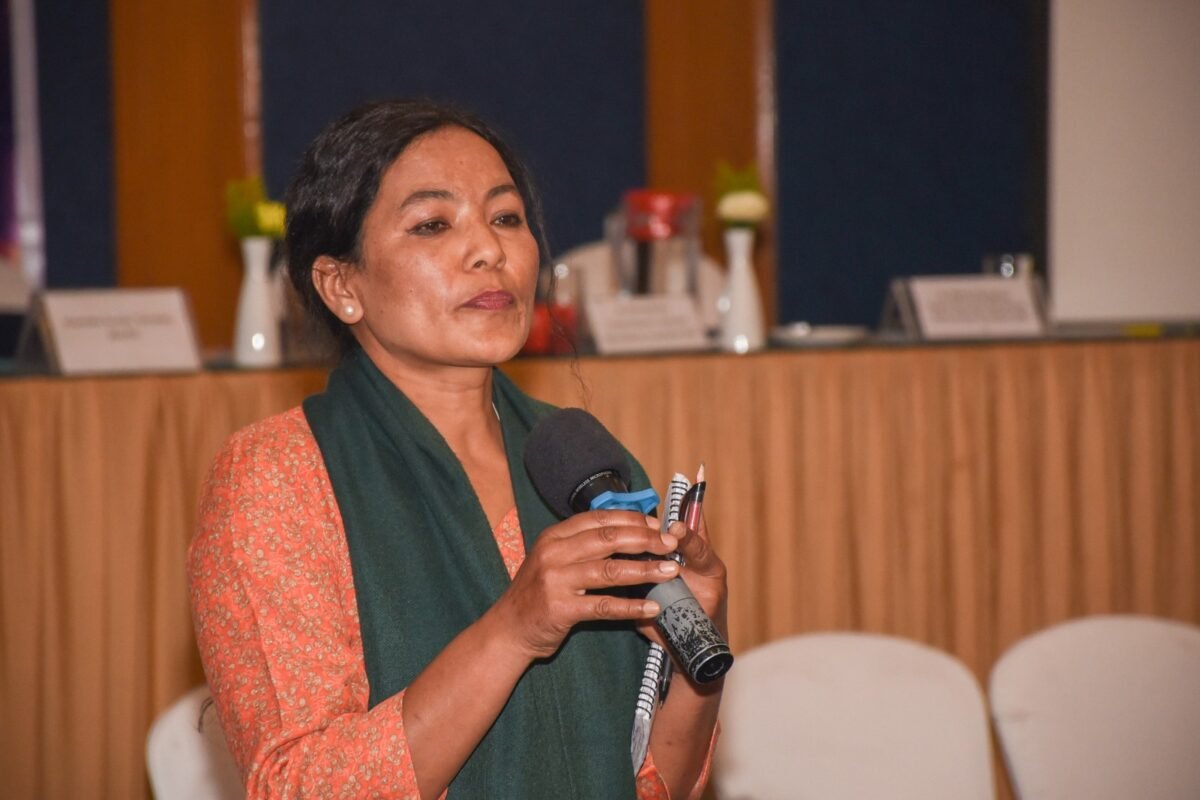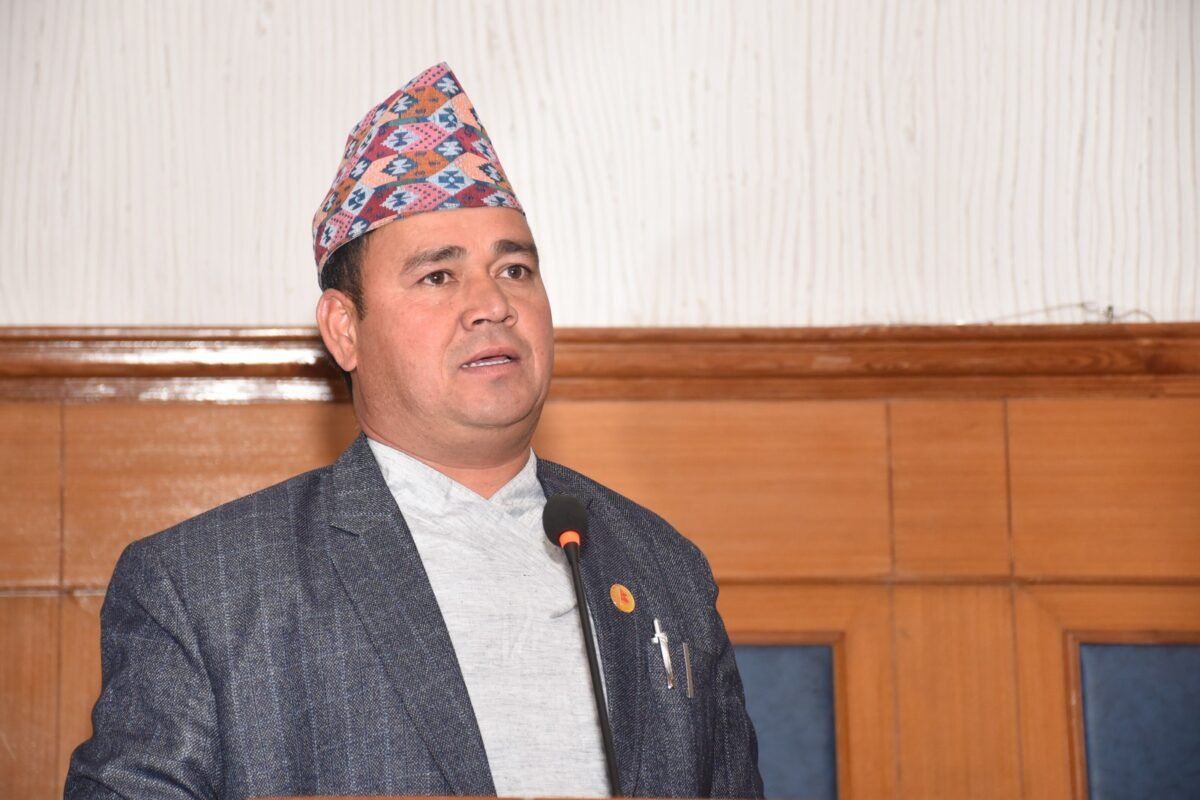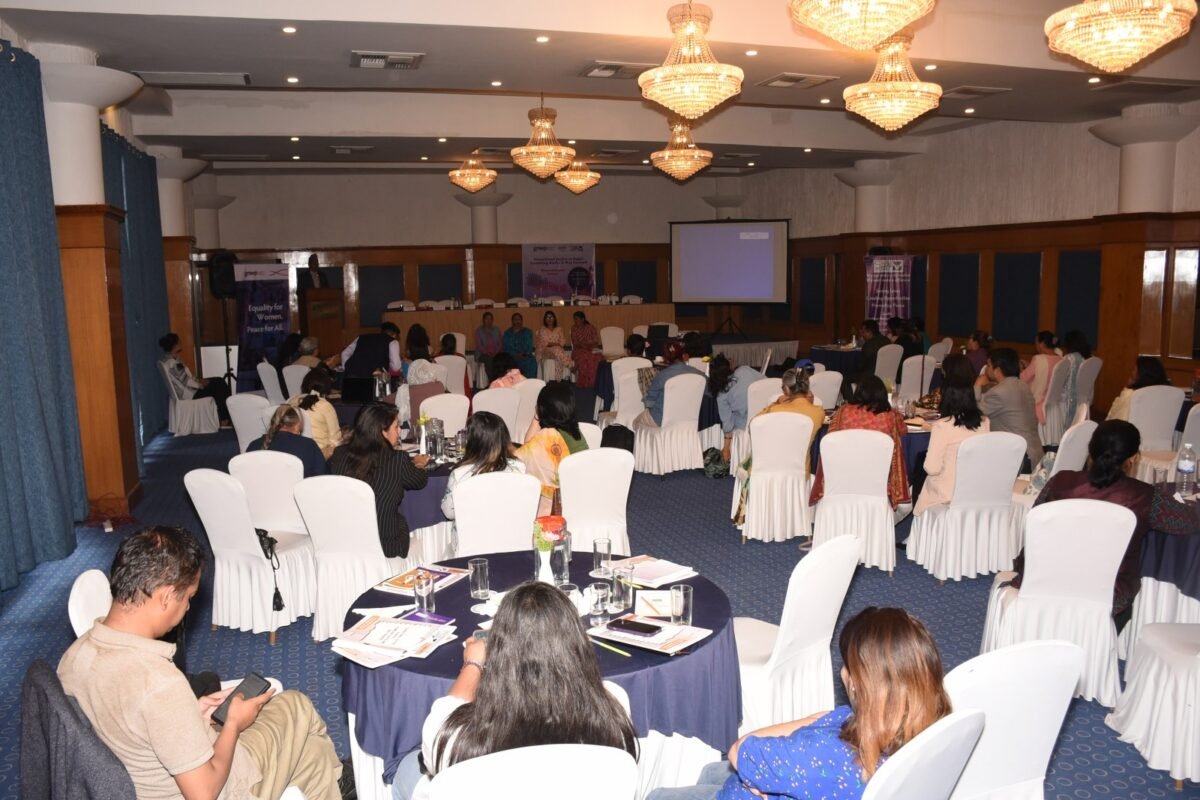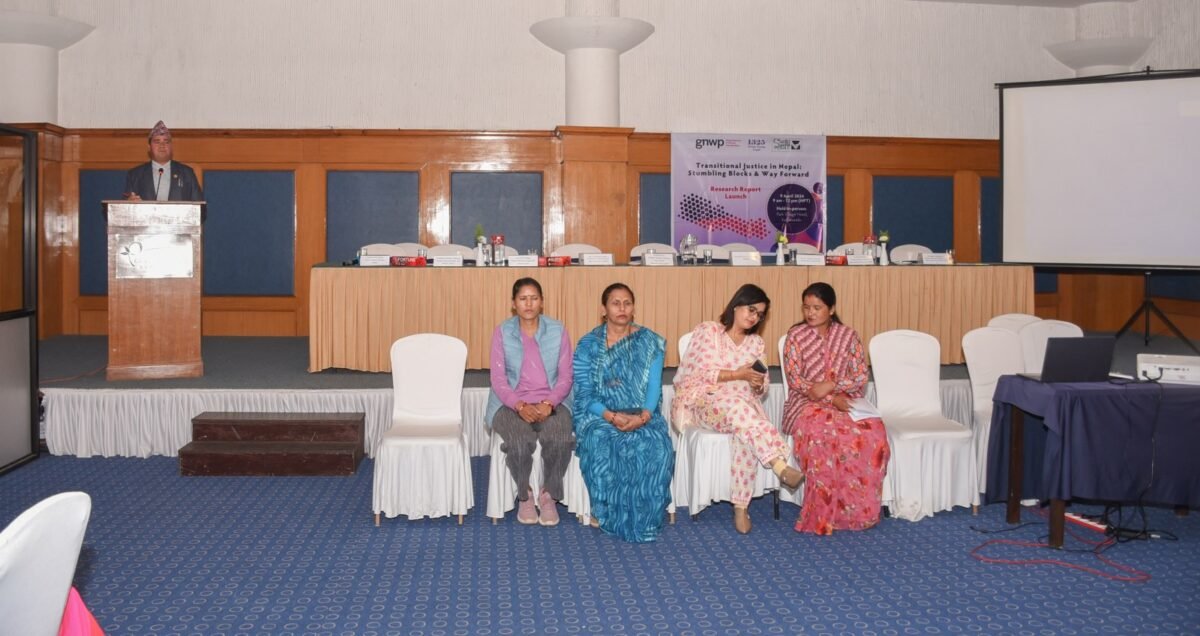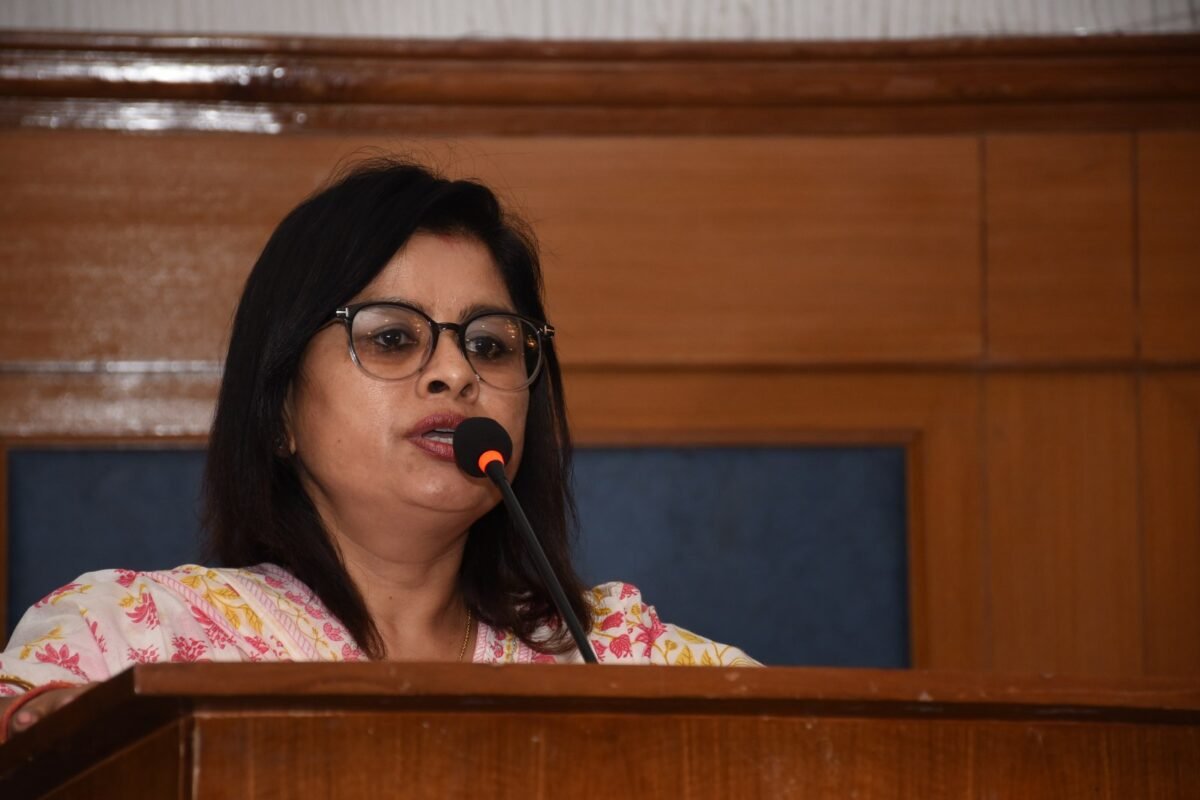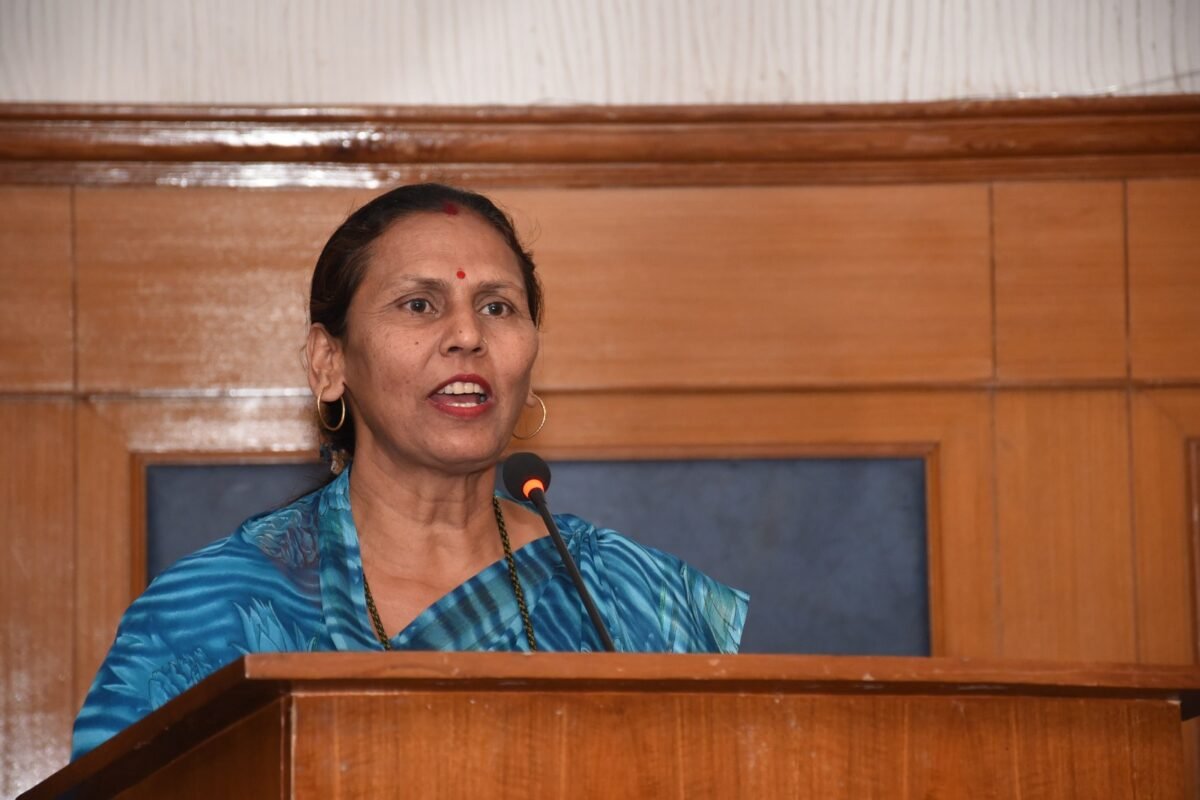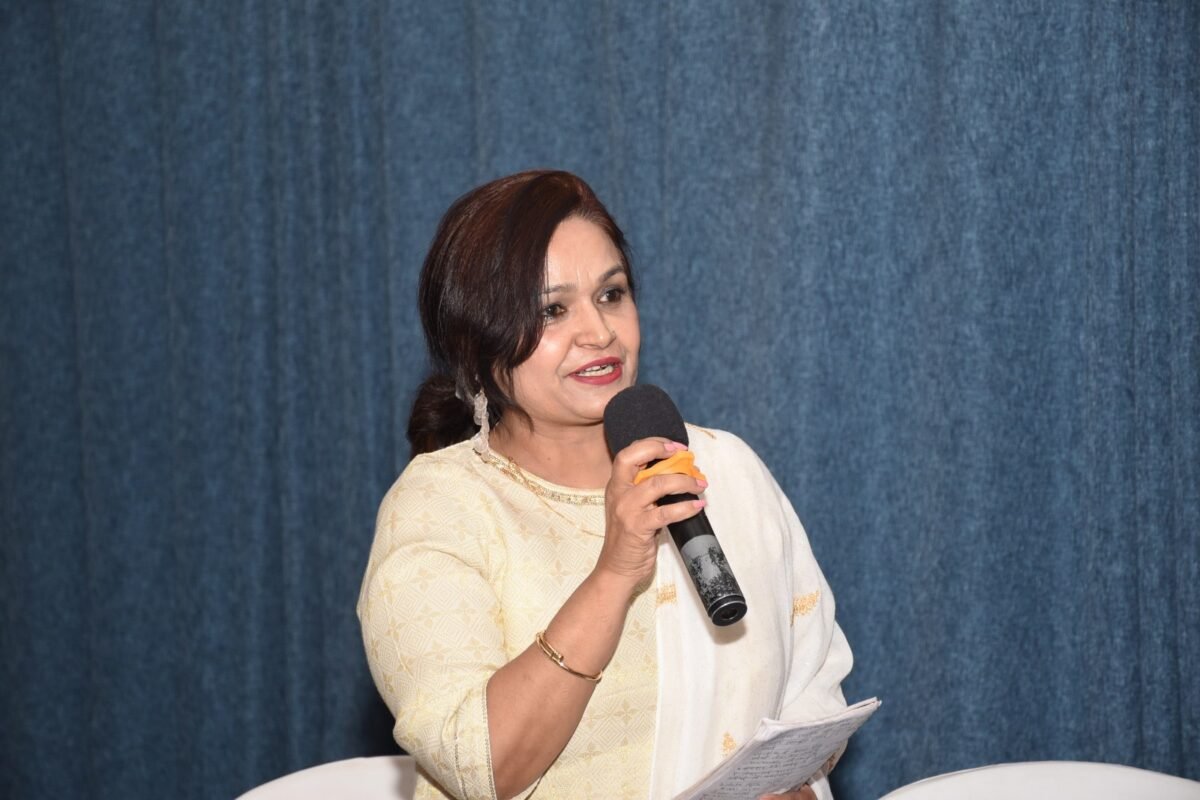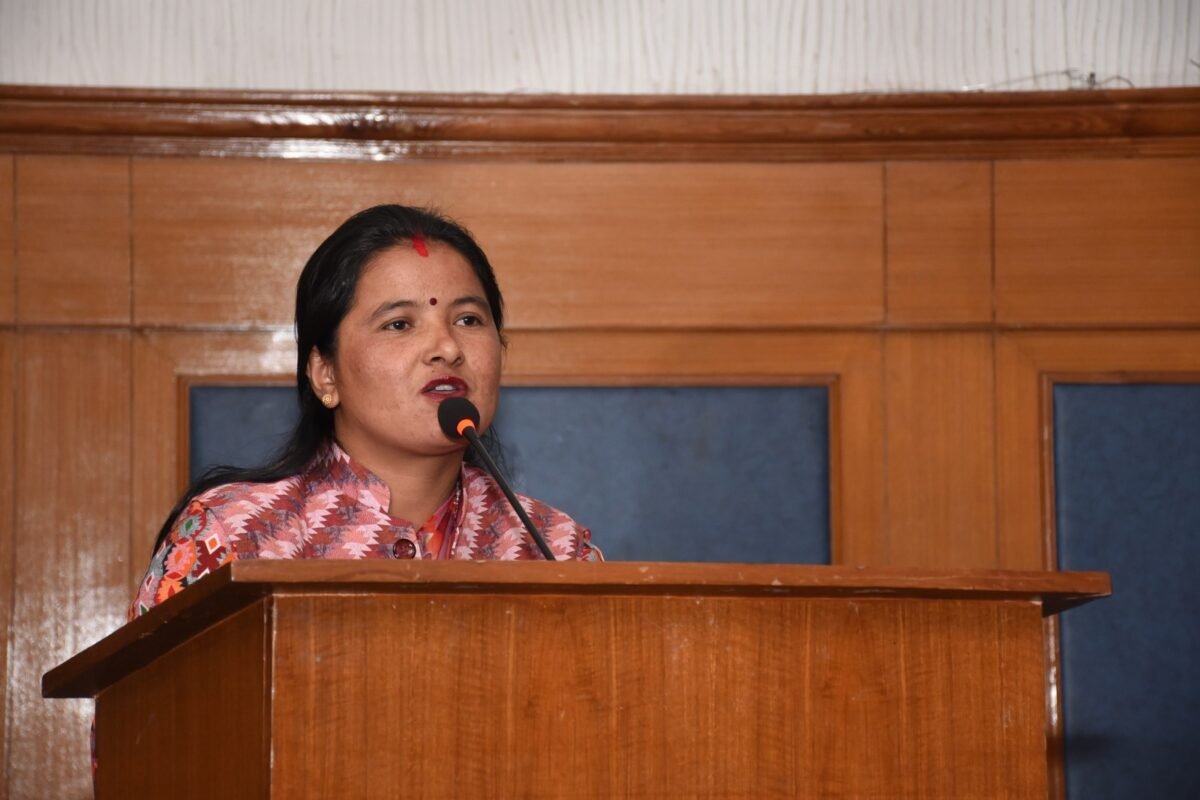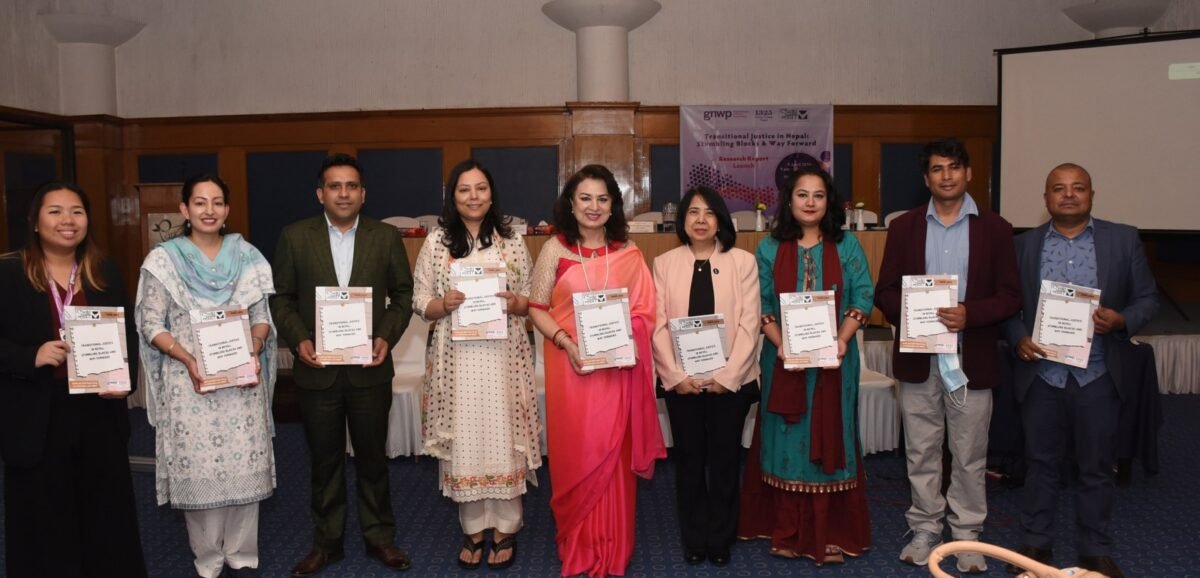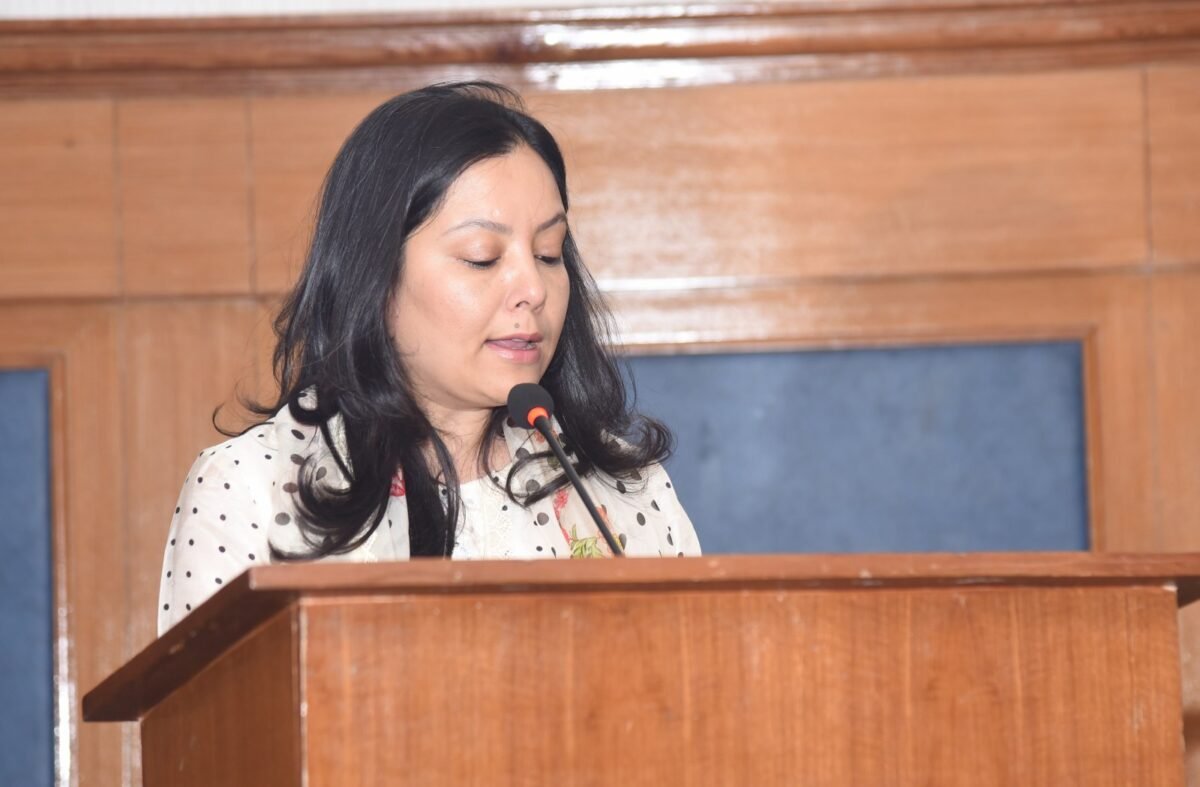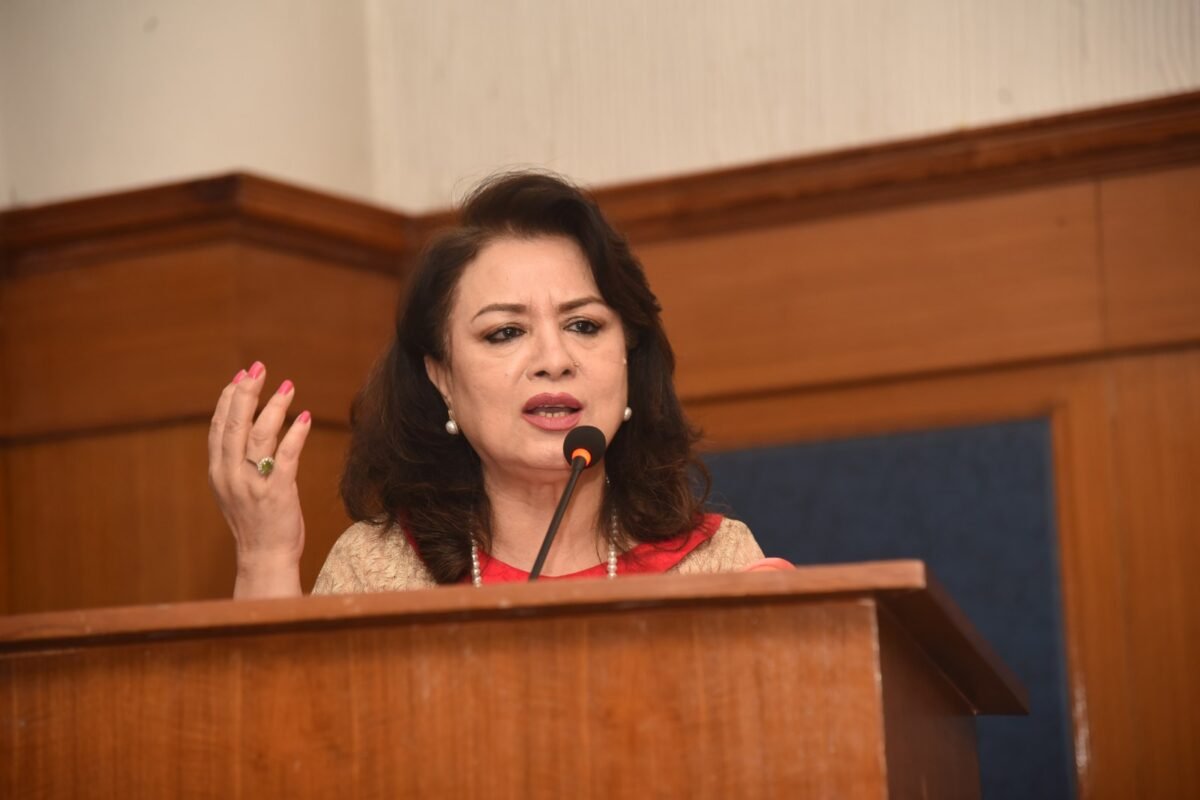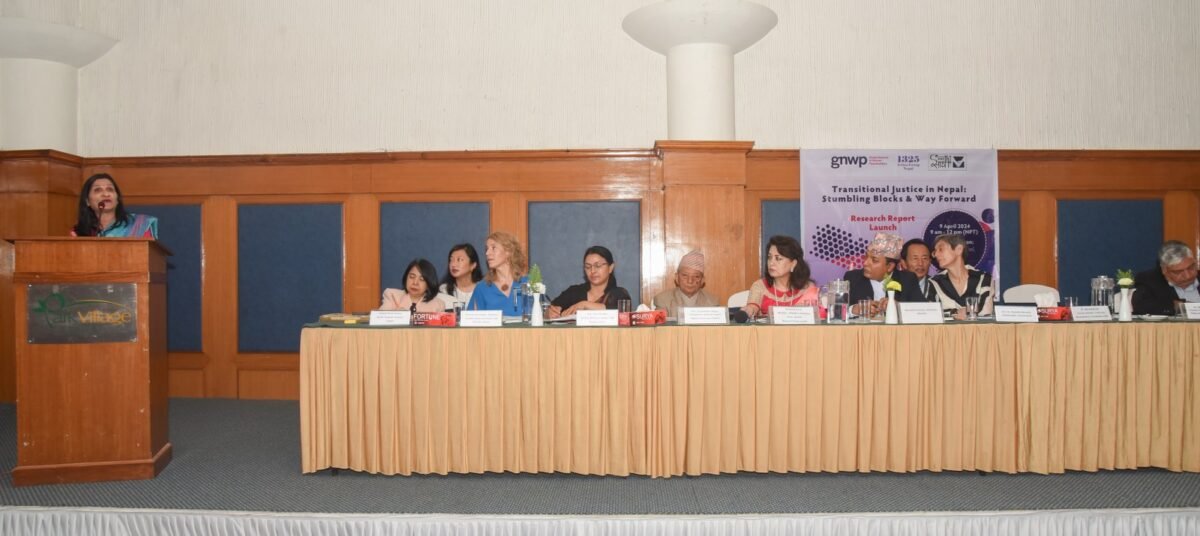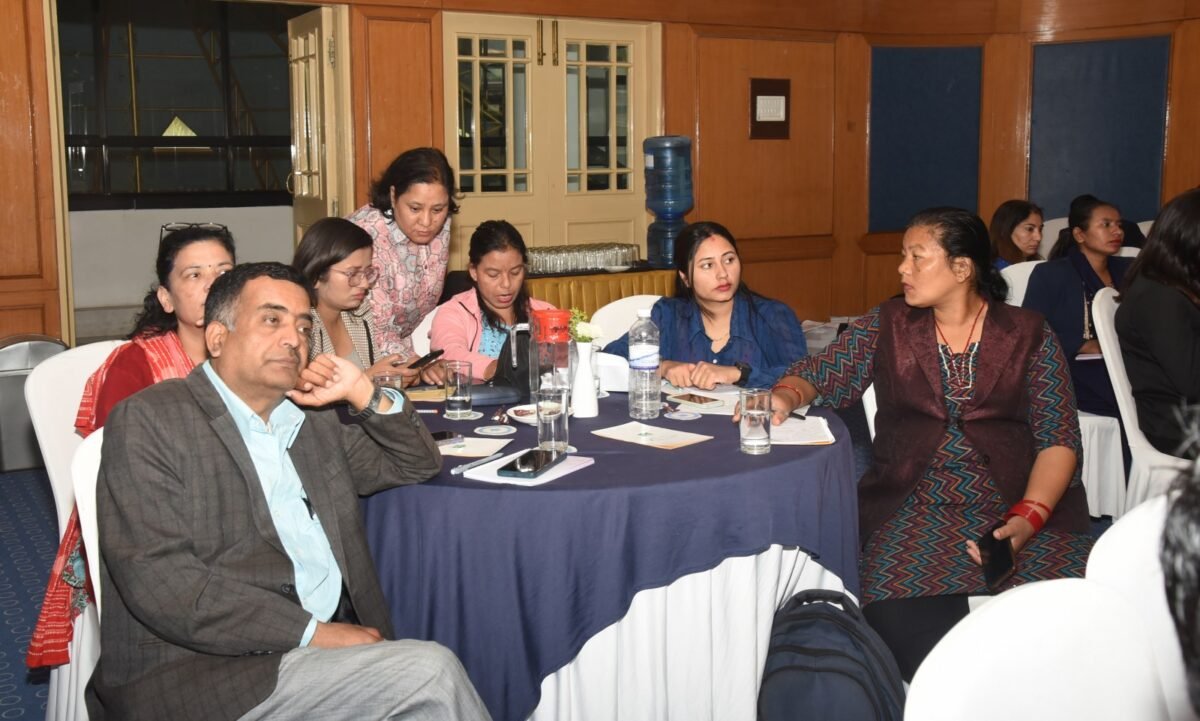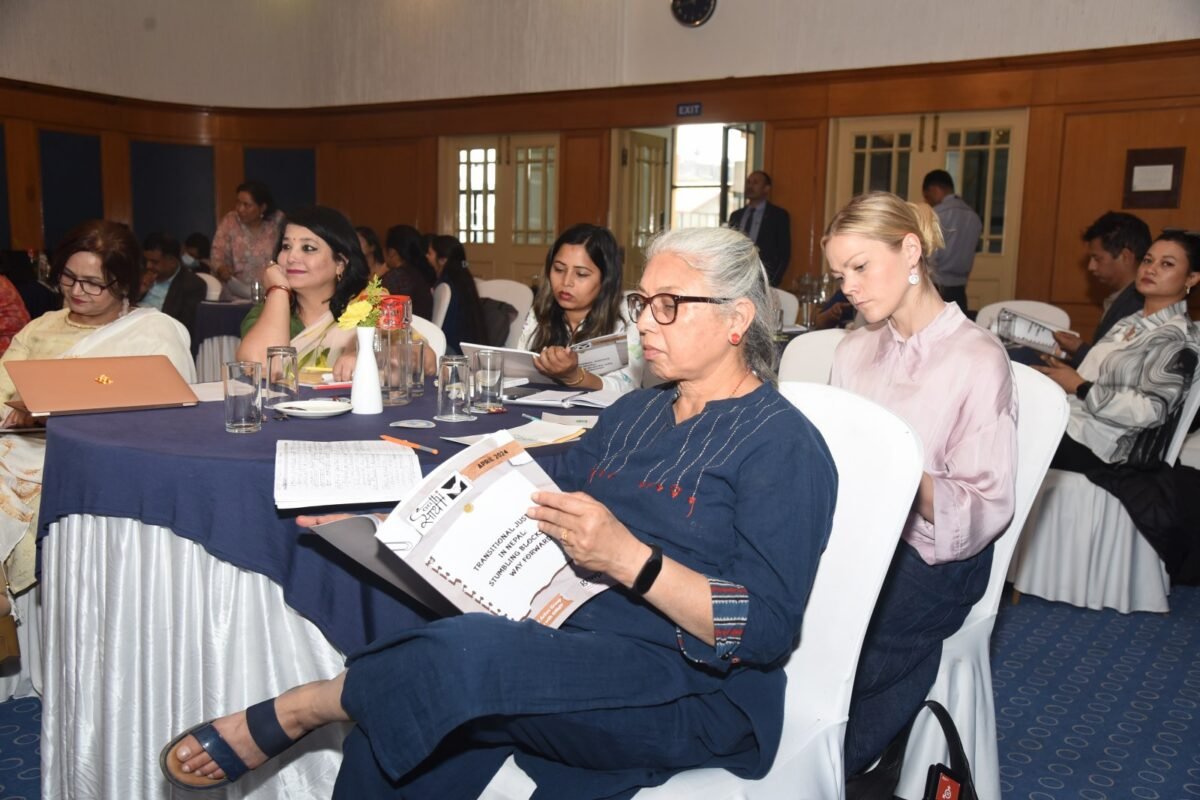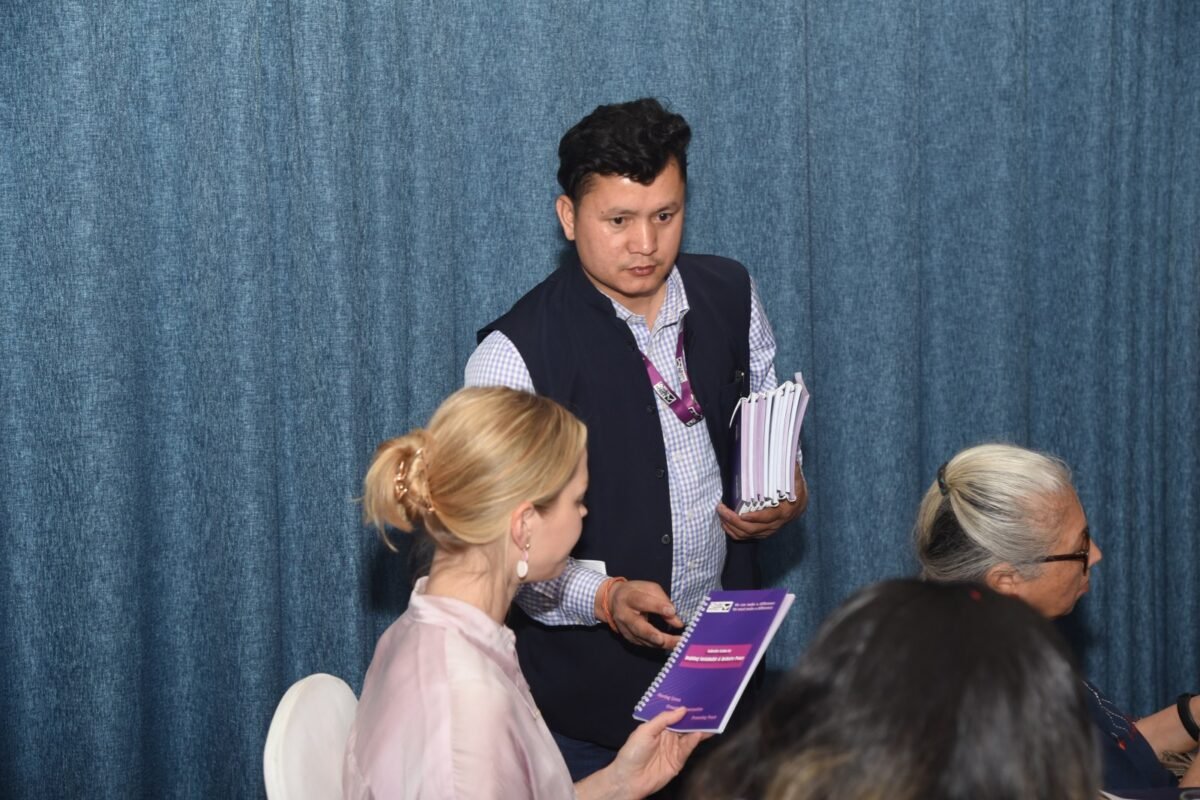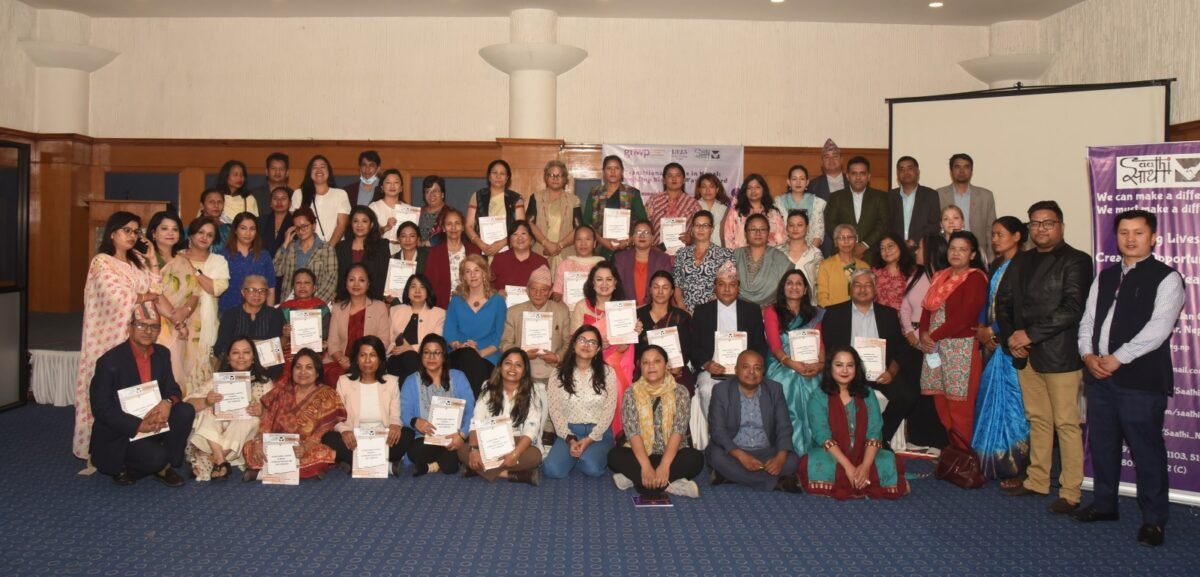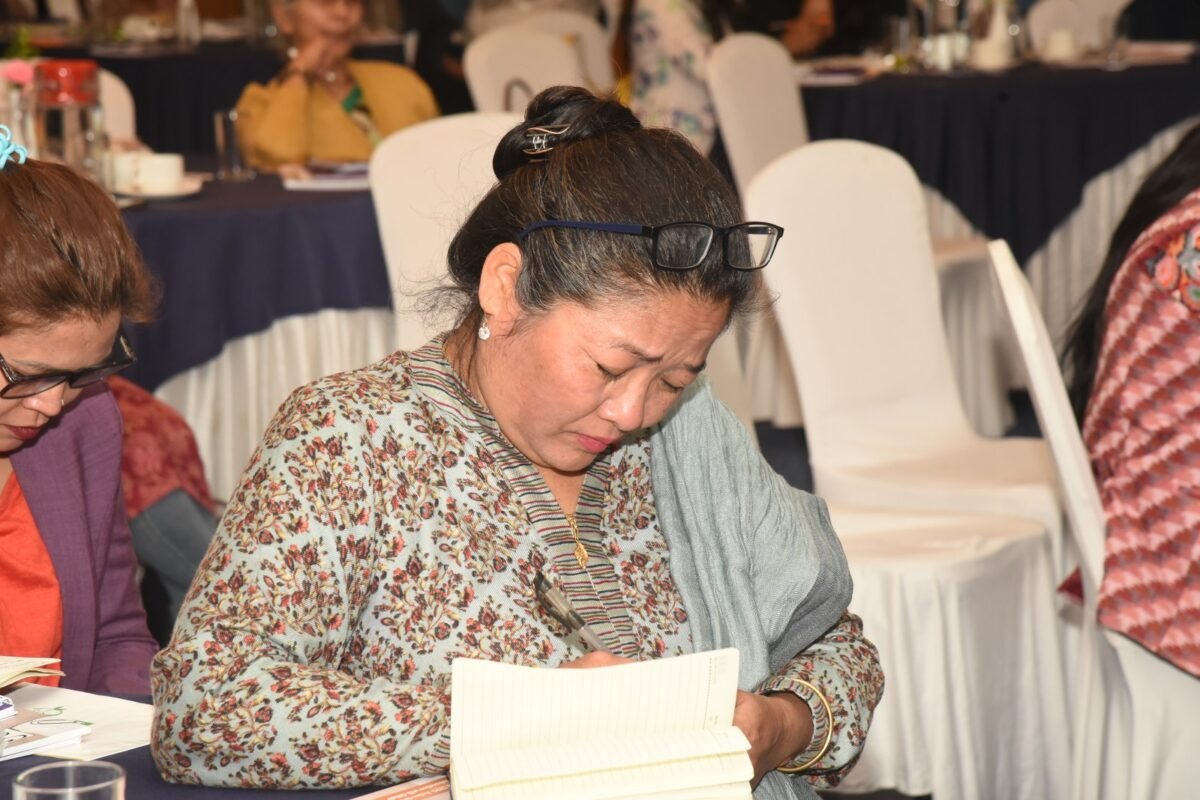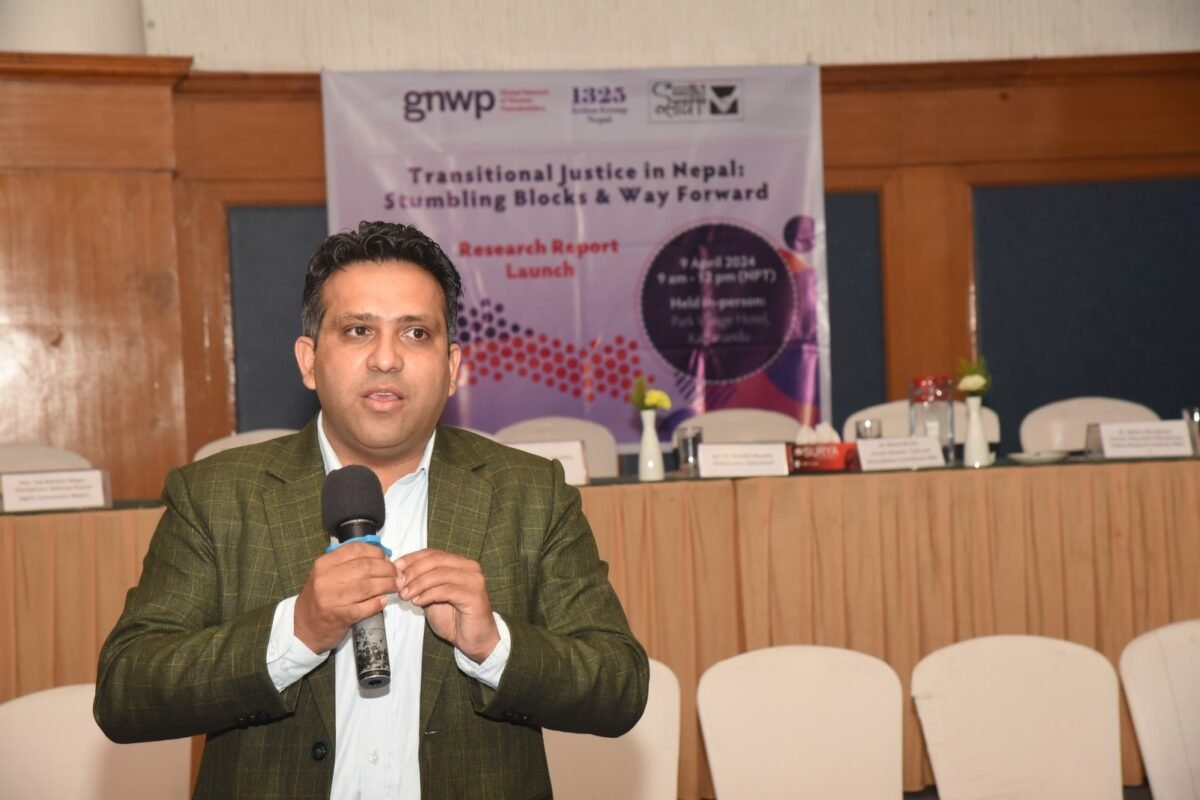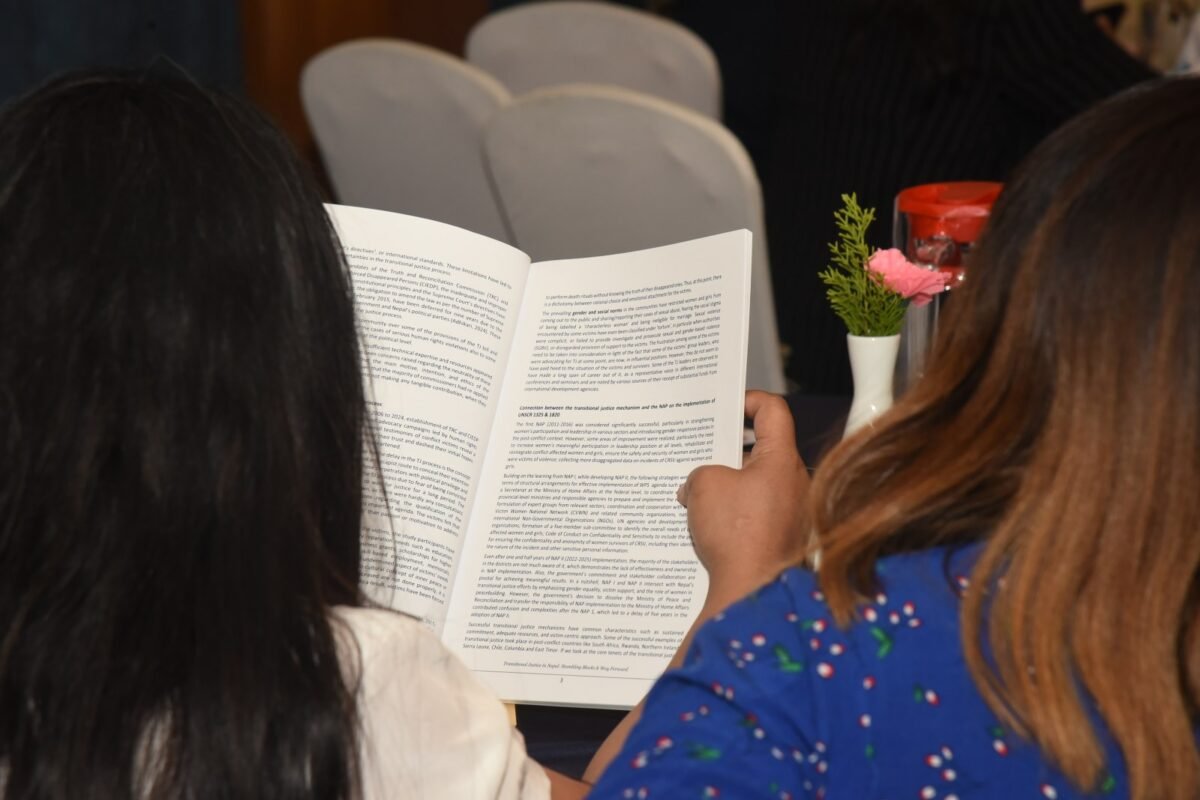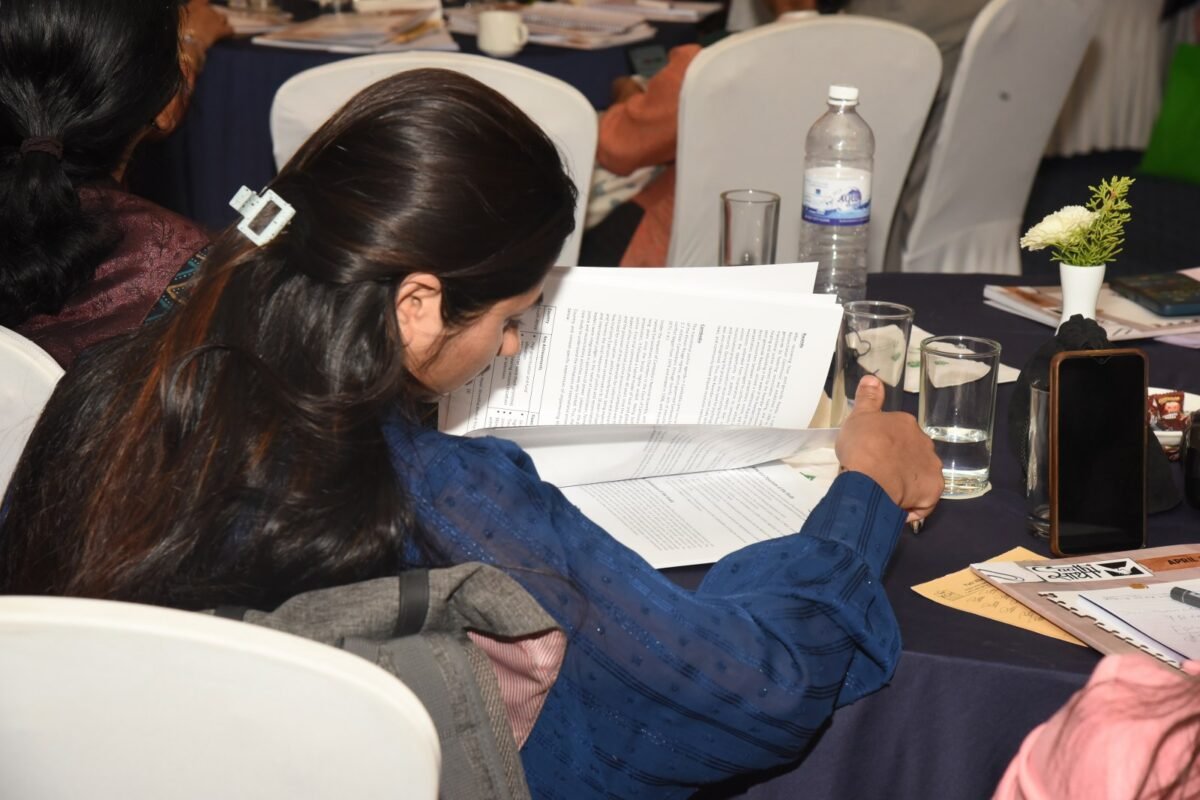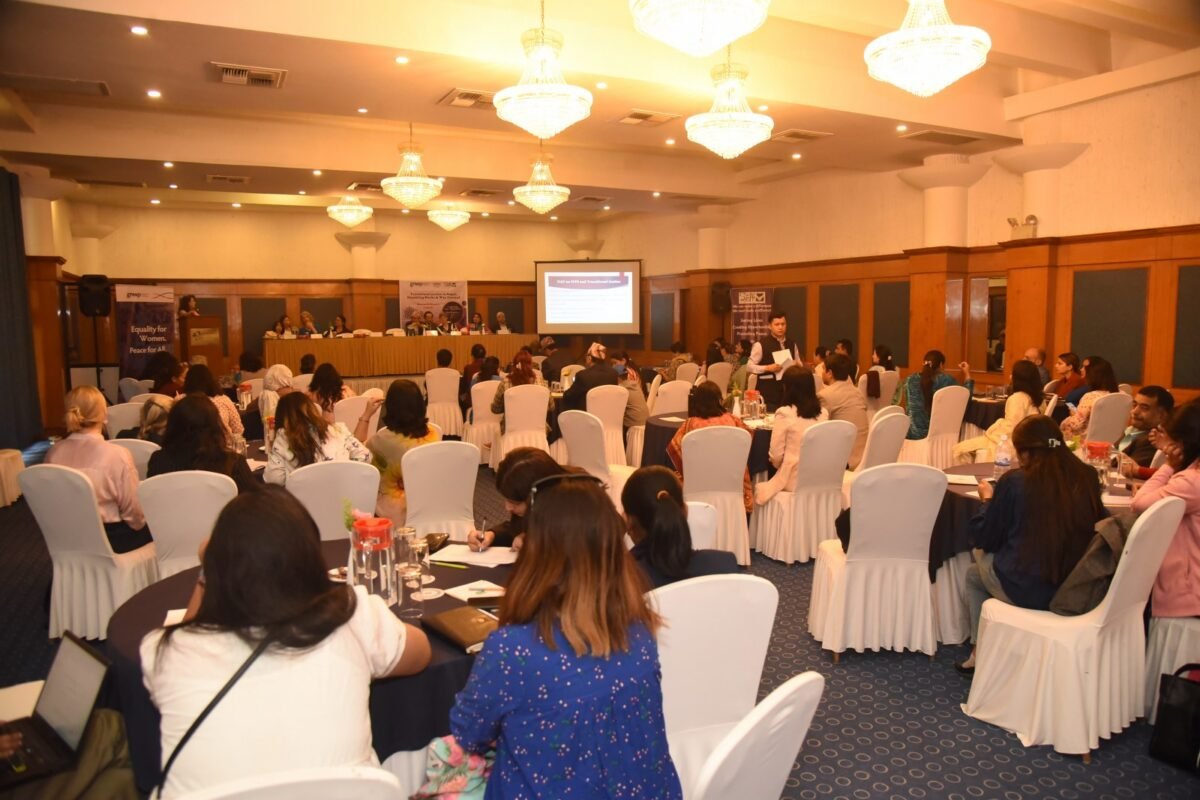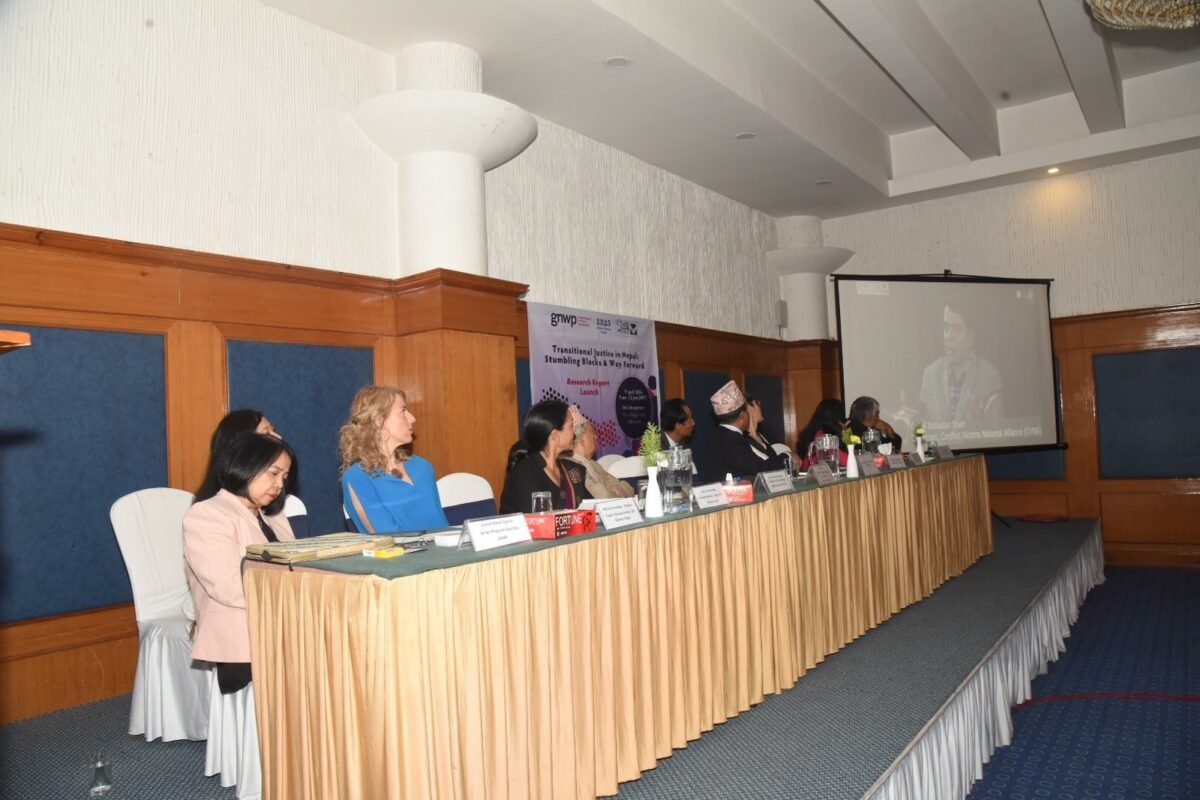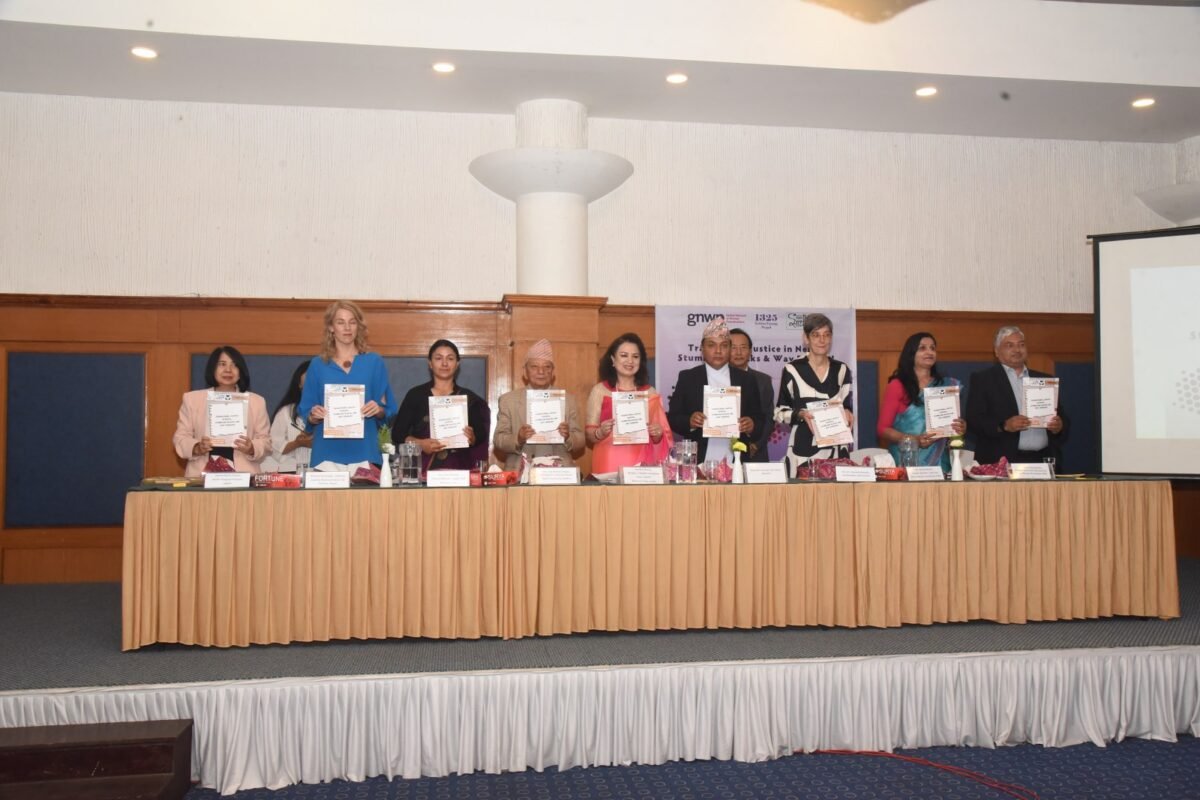April 9, 2024, Kathmandu – Saathi launched a report titled “Transitional Justice in Nepal: Stumbling Blocks and Way Forward” during a program held in Kathmandu on April 9th, 2024. The event was attended by over 70 people, including government officials, civil society activists, women’s rights advocates, locally elected leaders, media personnel, independent researchers, conflict survivors, UN agencies, and representatives of foreign missions in Nepal.
The study aimed to delve into the prolonged transitional justice process in Nepal, assessing its impact on conflict victims, their participation, and potential pathways to conclude the process meaningfully. Conducted in collaboration with the Global Network of Women Peacebuilders (GNWP), the research sought to investigate the current impasse in Nepal’s transitional justice process amidst changing political, social, and economic landscapes.
Viewing the Transitional Justice (TJ) process through a gender lens, the study examined the reflections, experiences, and life stories of conflict victims, with a particular emphasis on survivors of conflict-related sexual violence. It also gathered expert opinions to explore strategies and possibilities for concluding the transitional justice process.
Stakeholders and conflict victims identified a lack of strong political commitment as a major hindrance to the transitional justice process. Insufficient mutual understanding and clarity about the course of action outlined in the Comprehensive Peace Agreement (CPA) were highlighted. The need for legal frameworks to better align with constitutional principles, Supreme Court directives, and international standards was emphasized. Additionally, the Truth and Reconciliation Commission (TRC) and the Commission of Investigation on Enforced Disappeared Persons (CIEDP) were noted to lack sufficient authority, human resources, and a clear course of action.
The research recommended the prompt enactment of the TRC bill by parliament and urged top leaders of major political parties to issue public apologies for human rights violations during the armed conflict. It emphasized the importance of ensuring proper identification of genuine conflict victims, distributing government-recognized identity cards, and guaranteeing interim relief and effective remedies for women and girls affected by conflict.
Hon. Top Bahadur Magar, Chair of the National Human Rights Commission, was the chief guest of the launch event, while Phanindra Gautam, secretary at the Ministry of Law, Justice, and Parliamentary Affairs, graced the occasion as a special guest.
Magar emphasized the need for addressing contentious issues in the forthcoming Transitional Justice (TJ) bill to ensure inclusivity and alignment with human rights standards.
Secretary Gautam pledged to present the research findings to higher authorities for consideration. He also said that the timeliness and relevance of the research findings are undeniable, particularly as the TJ bill amendment nears conclusion.
Bandana Rana, a CEDAW Committee member, who also led the research highlighted the independent and evidence-based nature of the research, expressing optimism that it would contribute to concluding the transitional justice process and fostering sustainable peace by creating mutually beneficial conditions for victims and state mechanisms.
Devi Khadka, Former Minister and Leader of CPN Maoist Center, criticized the existing legal frameworks for their failure to address conflict-related sexual violence. She emphasized the need for collective sacrifice from all stakeholders, including civil society, government, and victims, to advance the TJ toward logical conclusion.
Jasmin Nario-Galace, Senior Program Director at GNWP, underscored the importance of prioritizing survivors’ voices, combating stigma, and establishing a comprehensive support system to empower survivors
Dr. Danielle Meuwly, Ambassador of Switzerland to Nepal, commended Nepal’s steps towards a victim-centric, Nepali-led transitional justice process, emphasizing the importance of addressing the root causes of conflict for sustainable peace and economic prosperity.
Patricia Fernandez-Pache, Country Representative of UN Women in Nepal, emphasized the connection between transitional justice and the aspiration to transform structural inequalities that fuel conflict in society, acknowledging the ambitious nature of the endeavor but affirming its feasibility.
Dr. Bishnu Raj Uprety, Former Executive Chairperson of the Policy Research Institute (PRI), demanded that the new TRC bill address victim concerns and adhere to the spirit of Supreme Court rulings related to transitional justice.
Manchala Jha, Former Member of the Truth and Reconciliation Commission (TRC), reflected on the commission’s limitations in achieving its objectives due to a lack of adequate legal framework.
